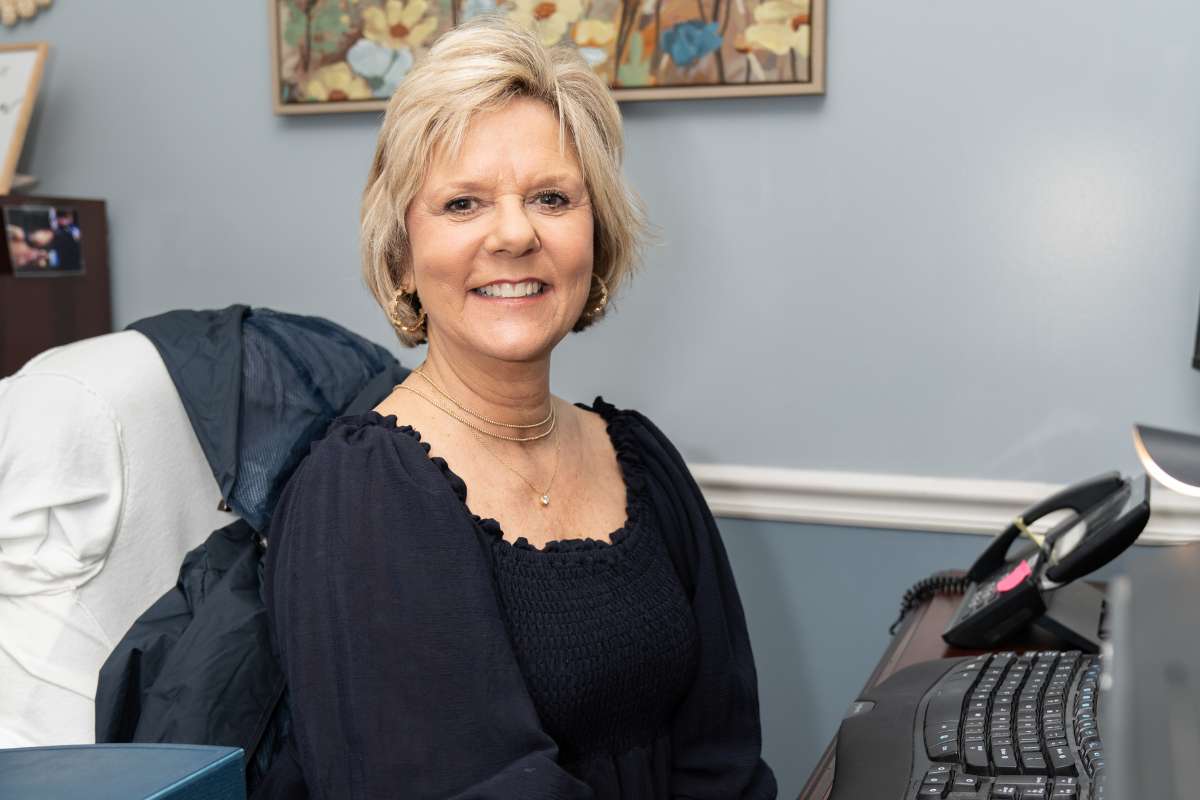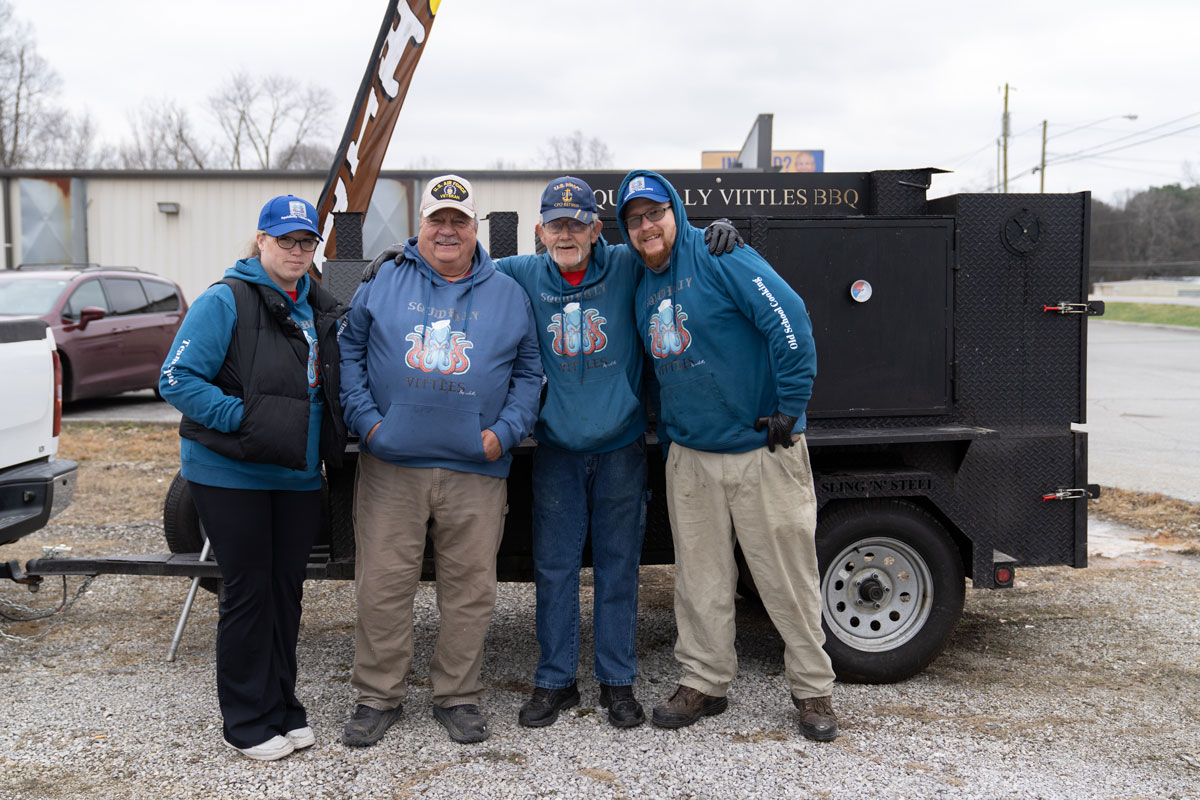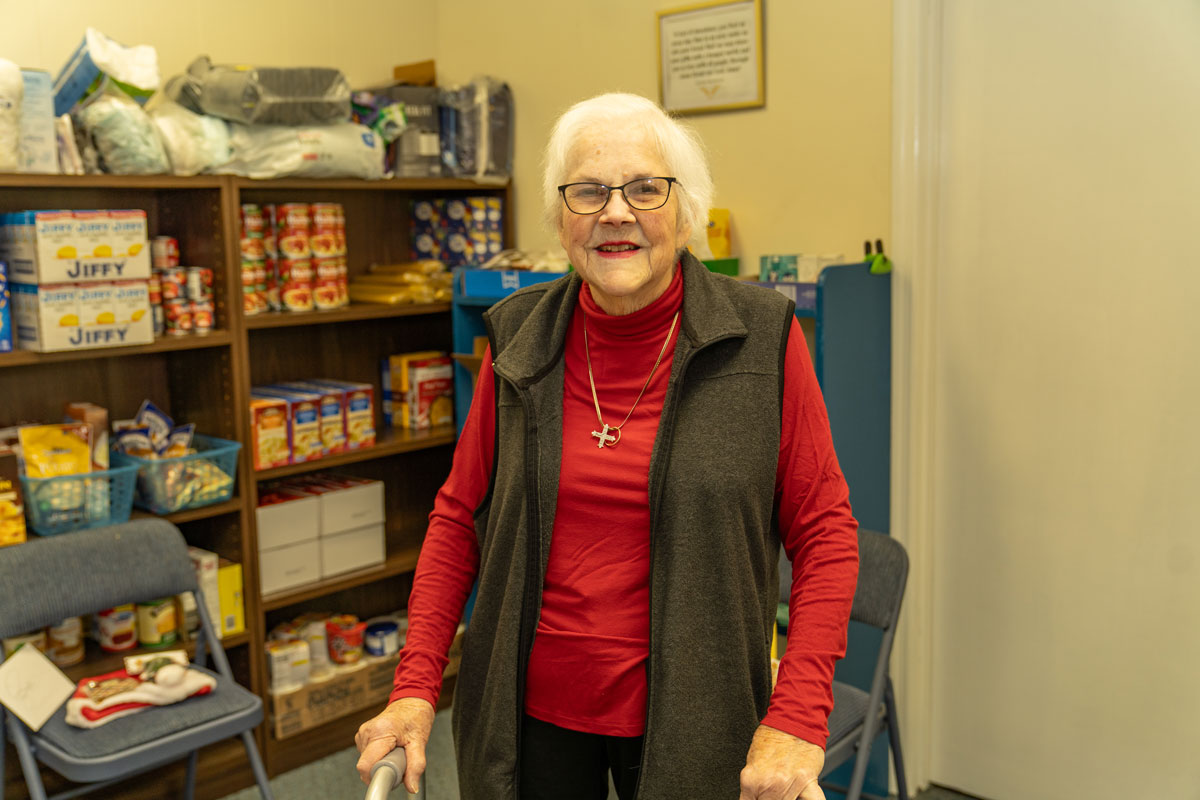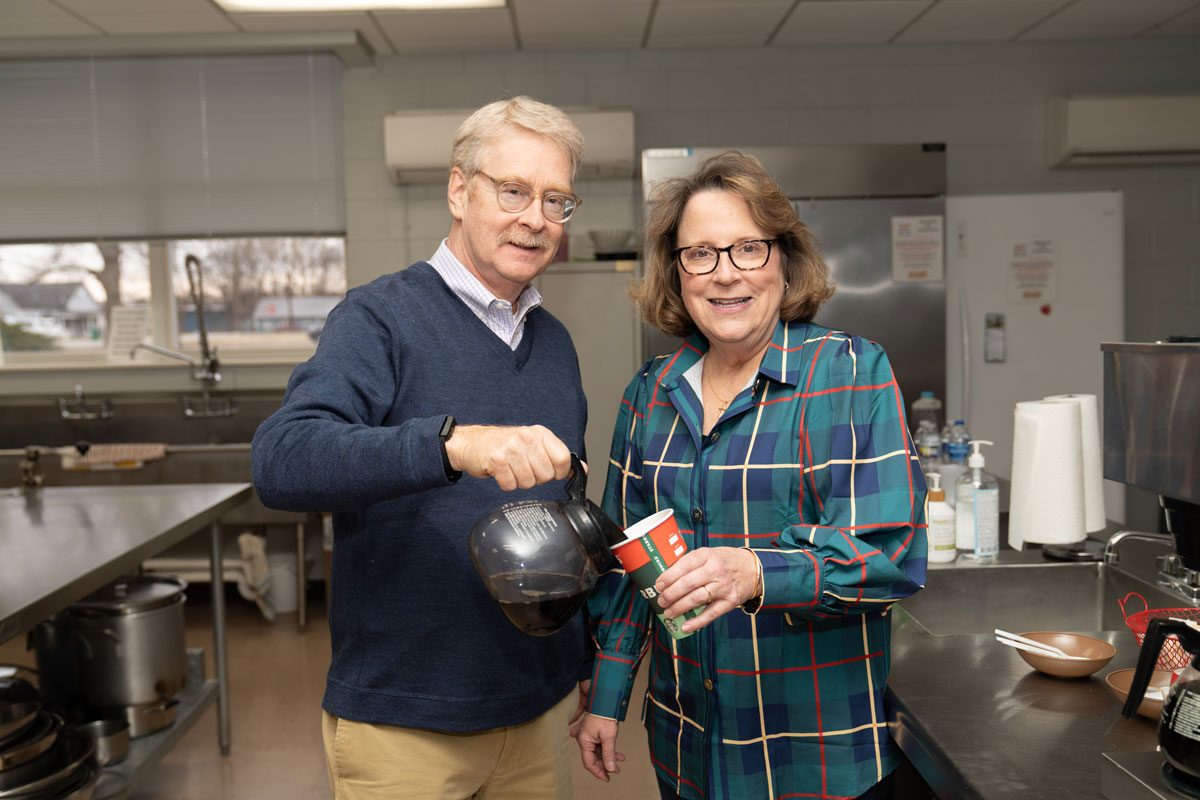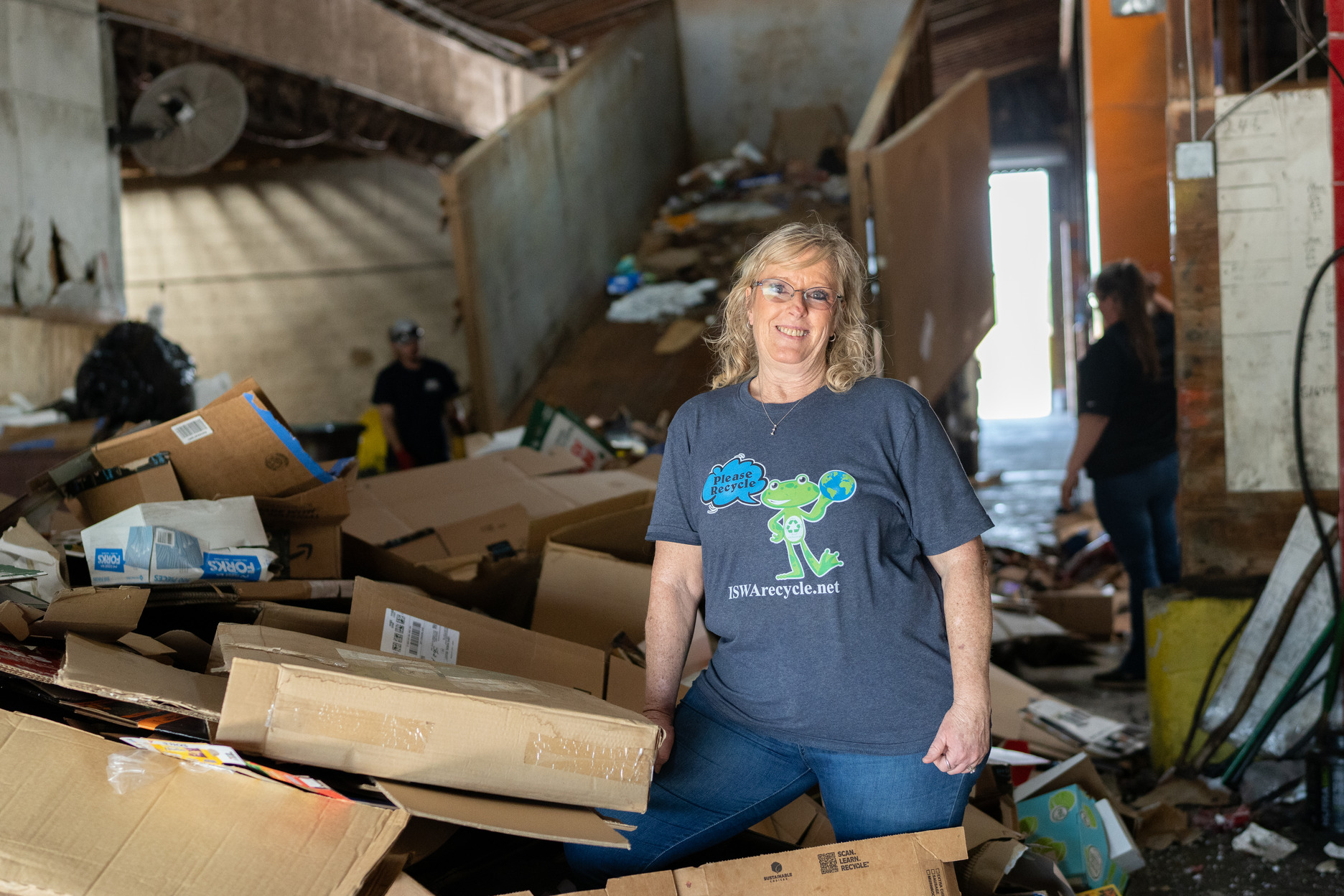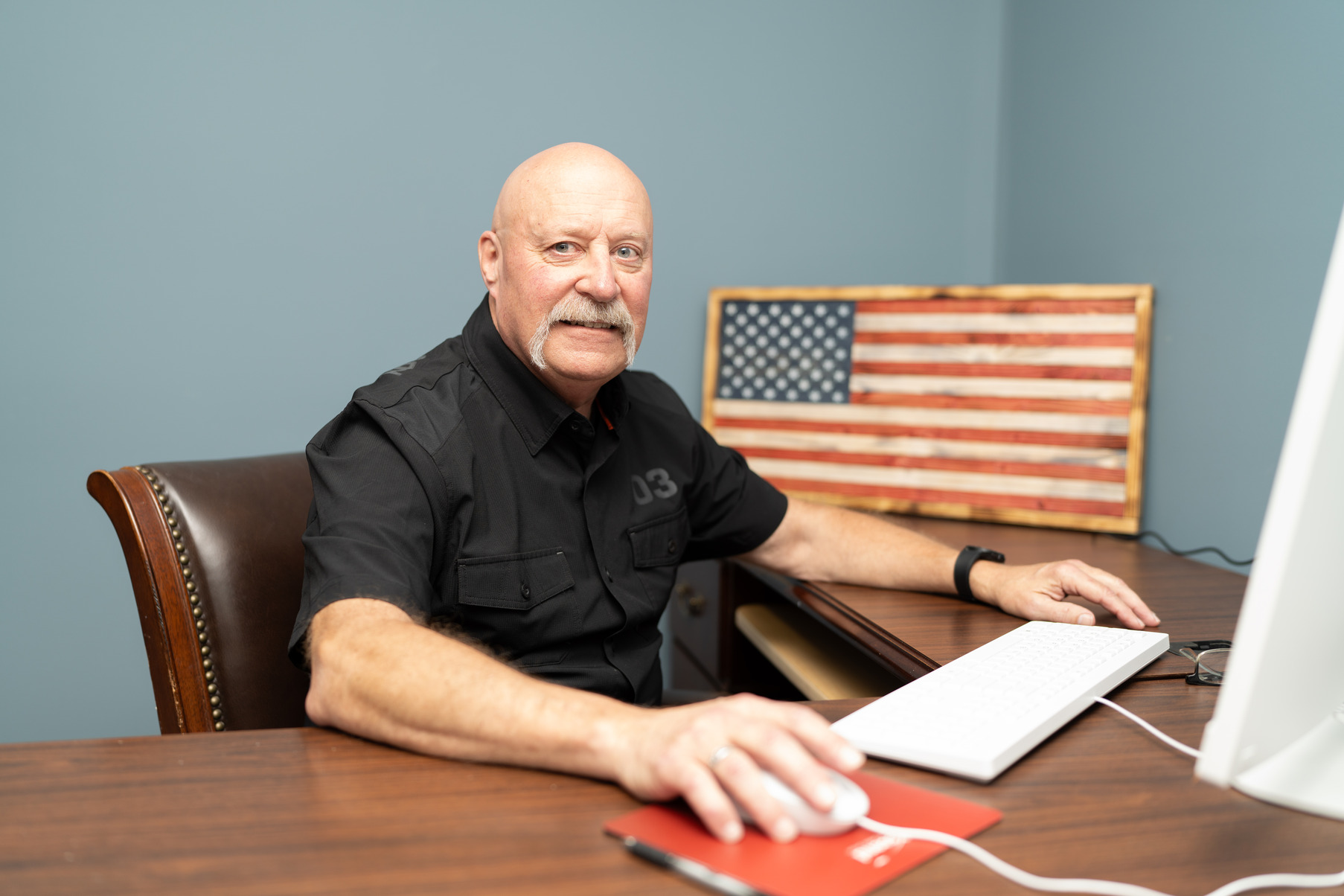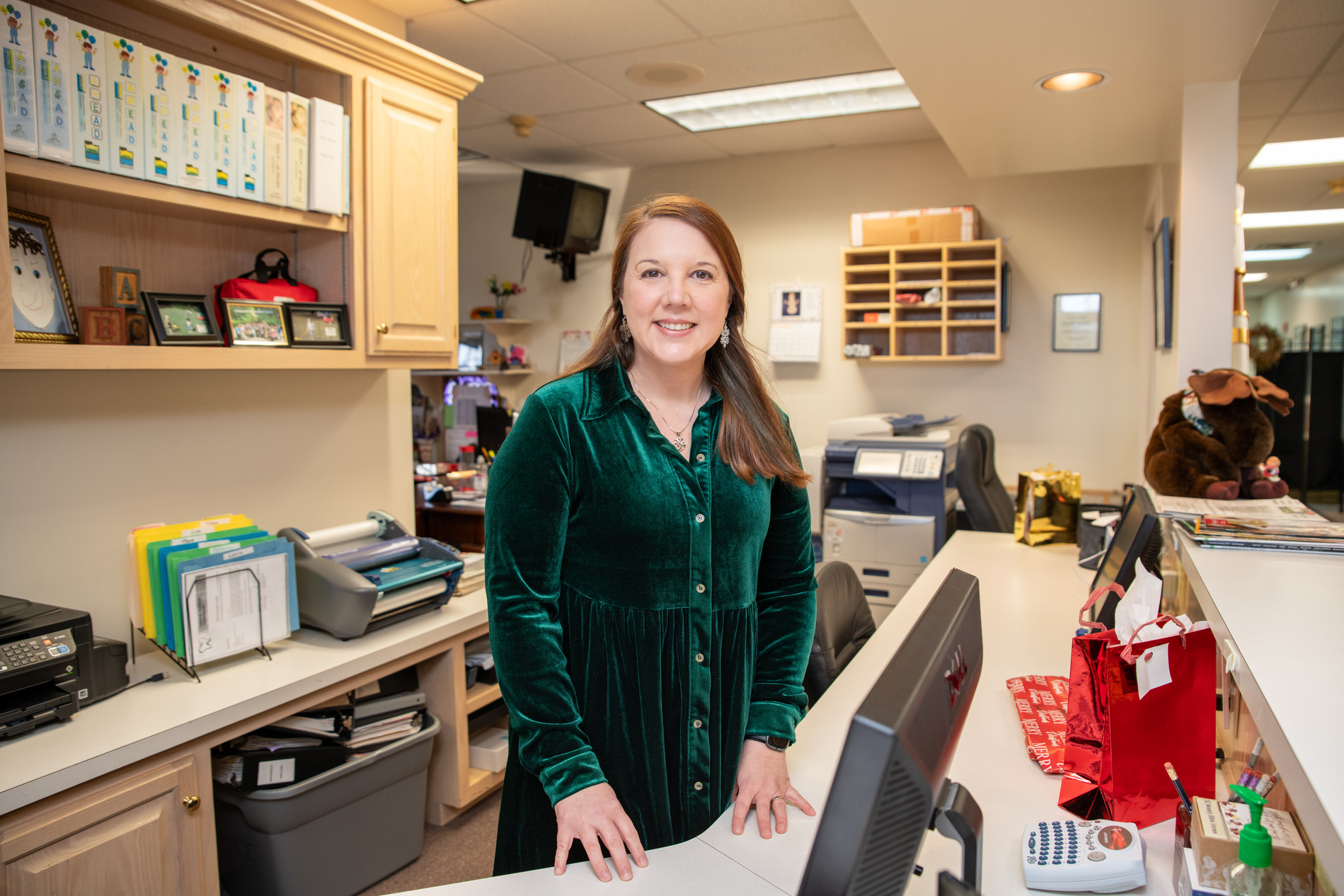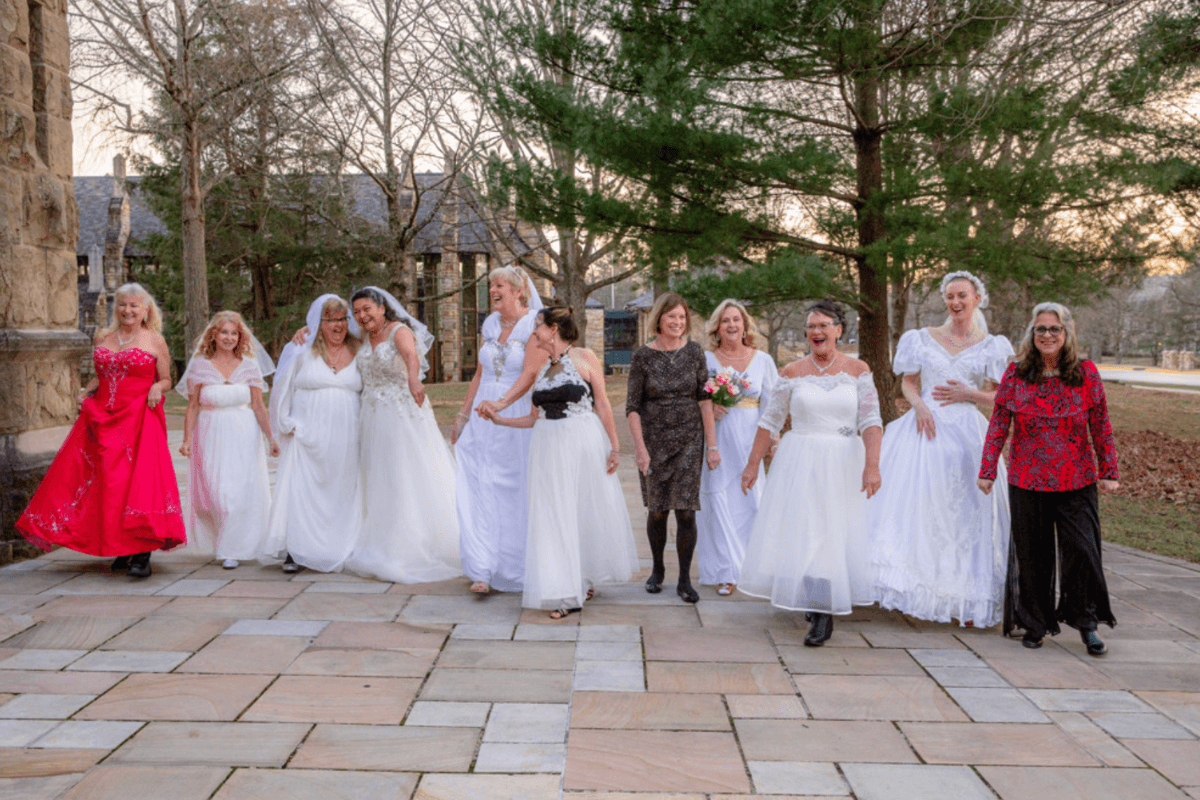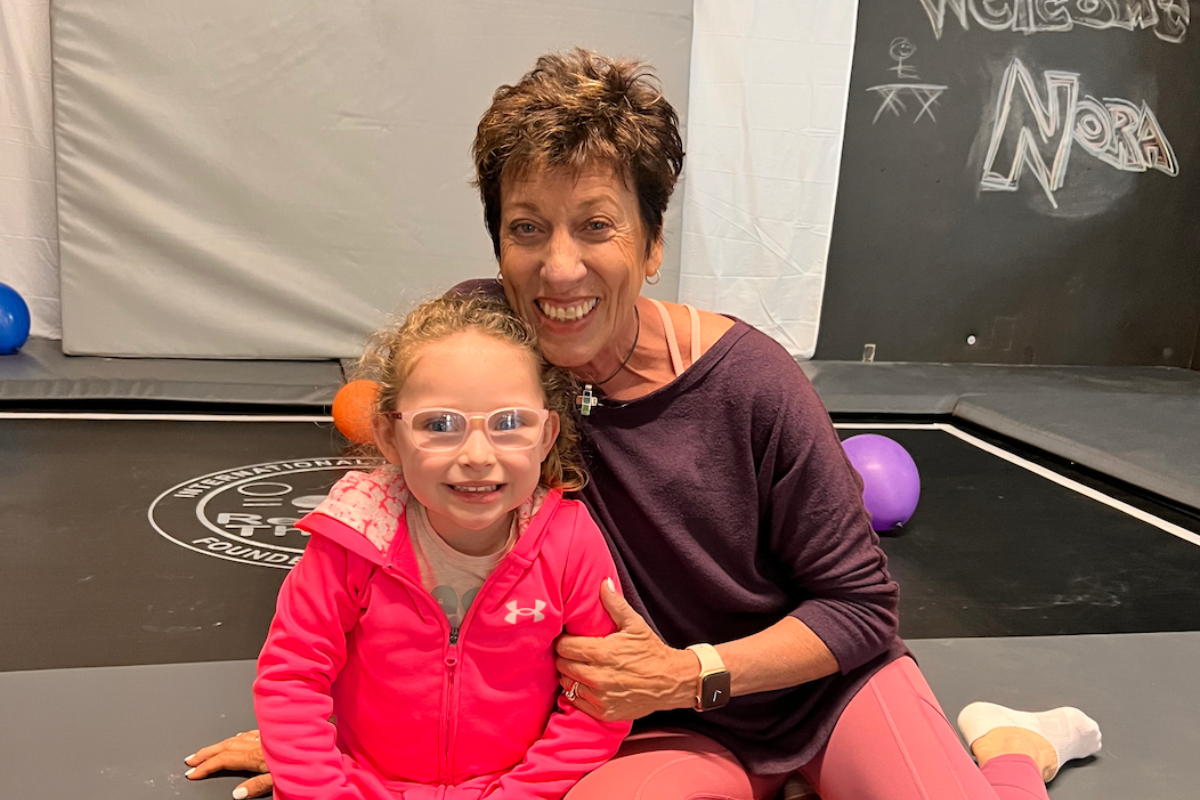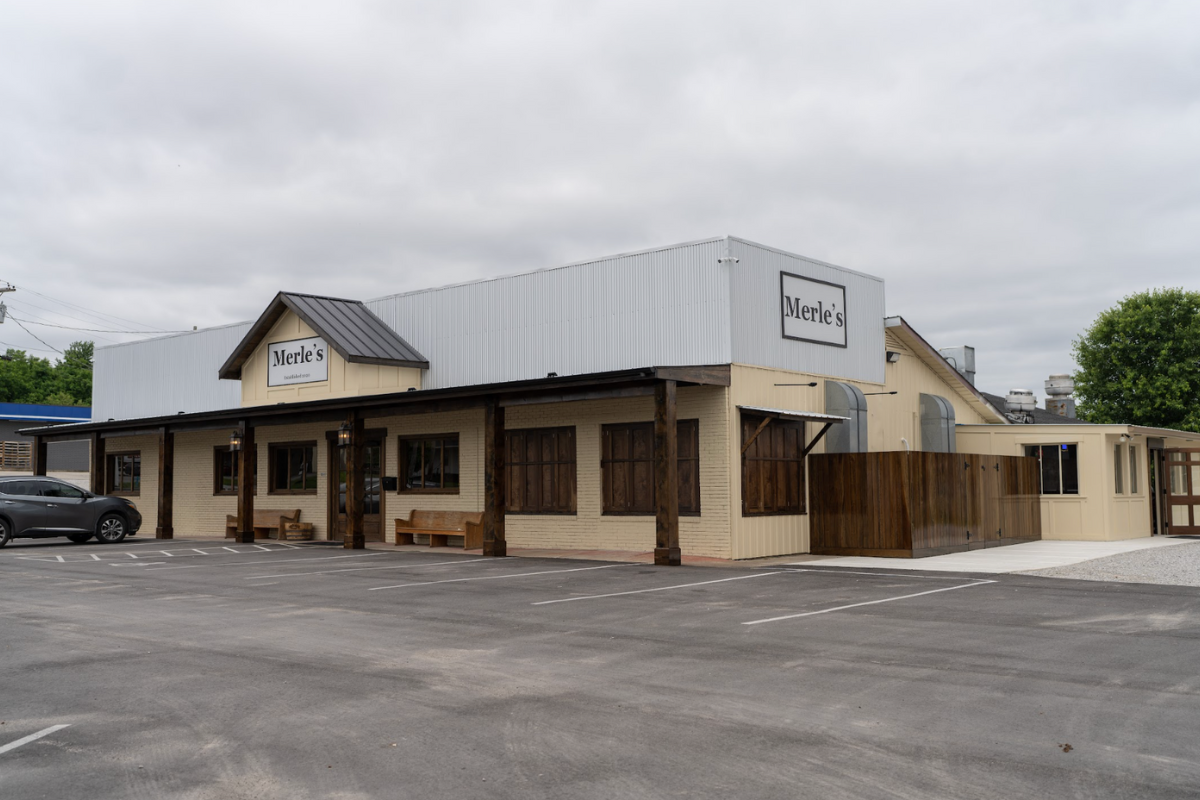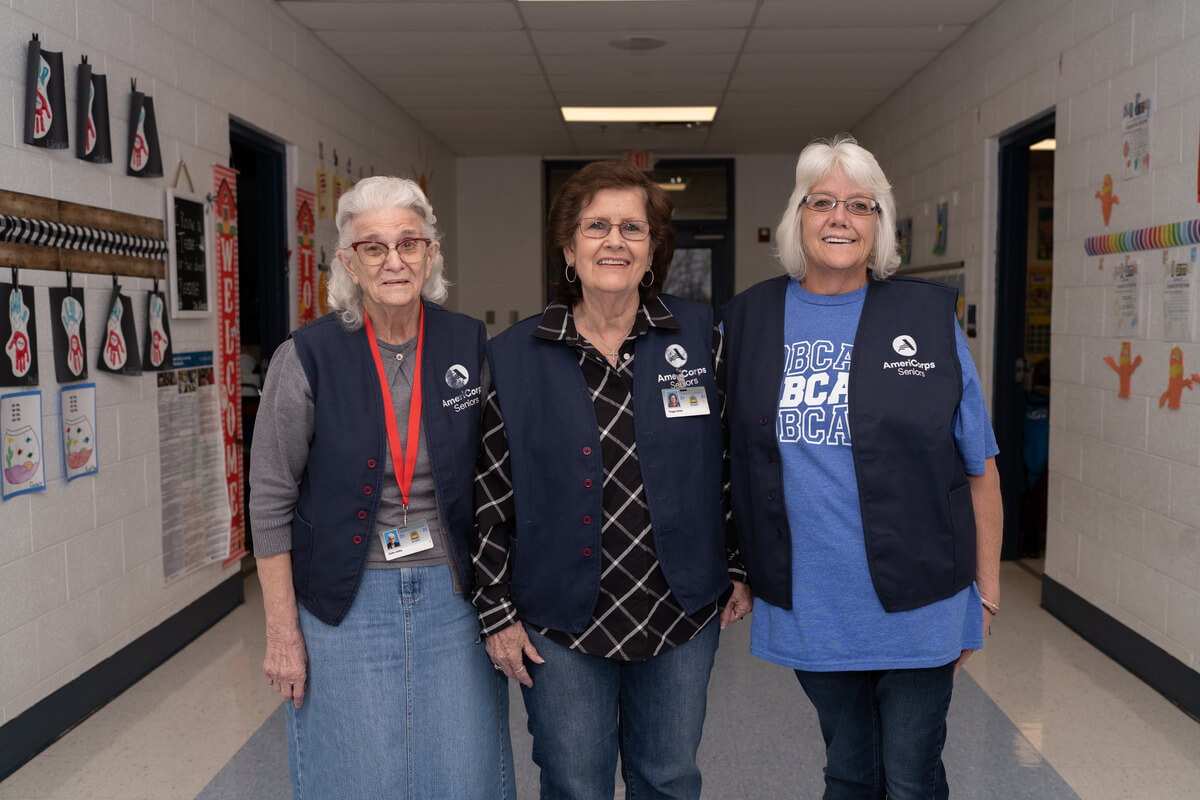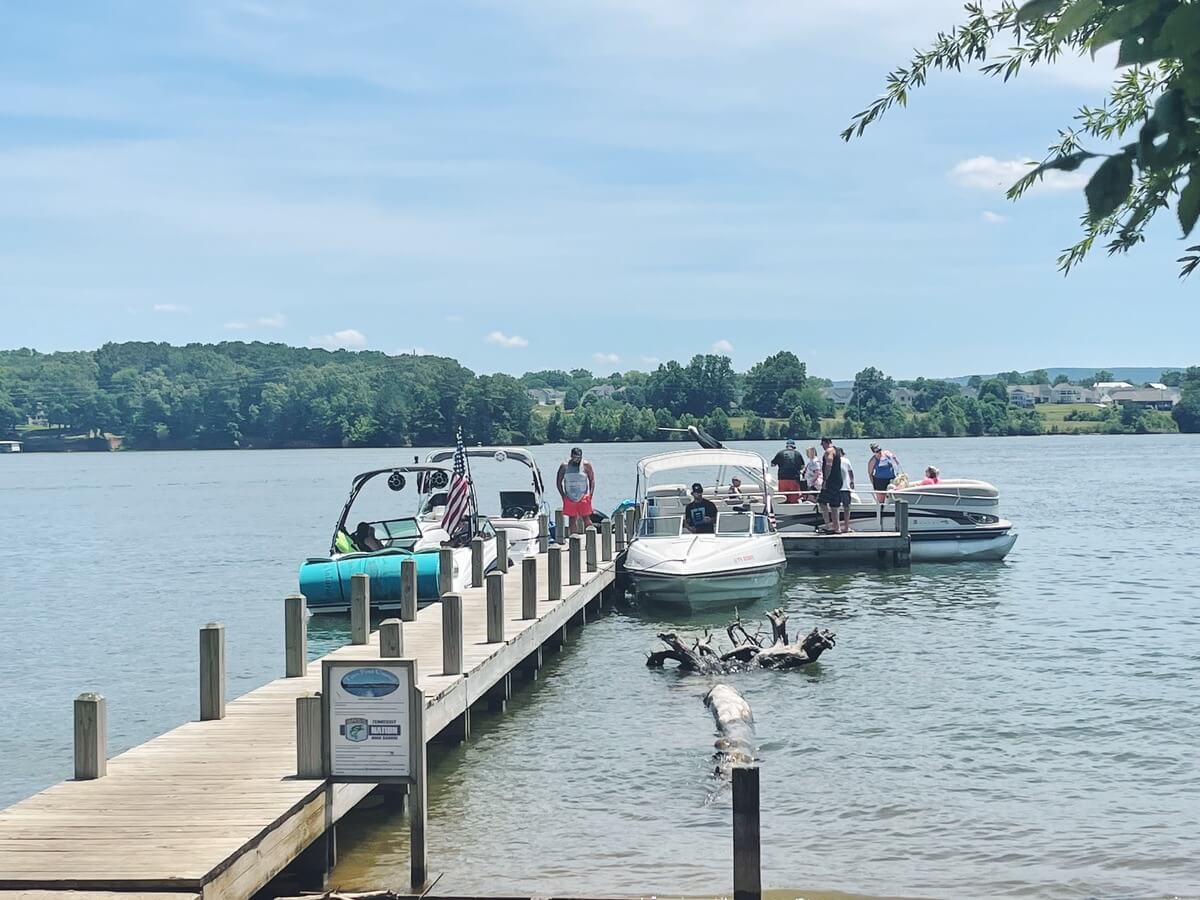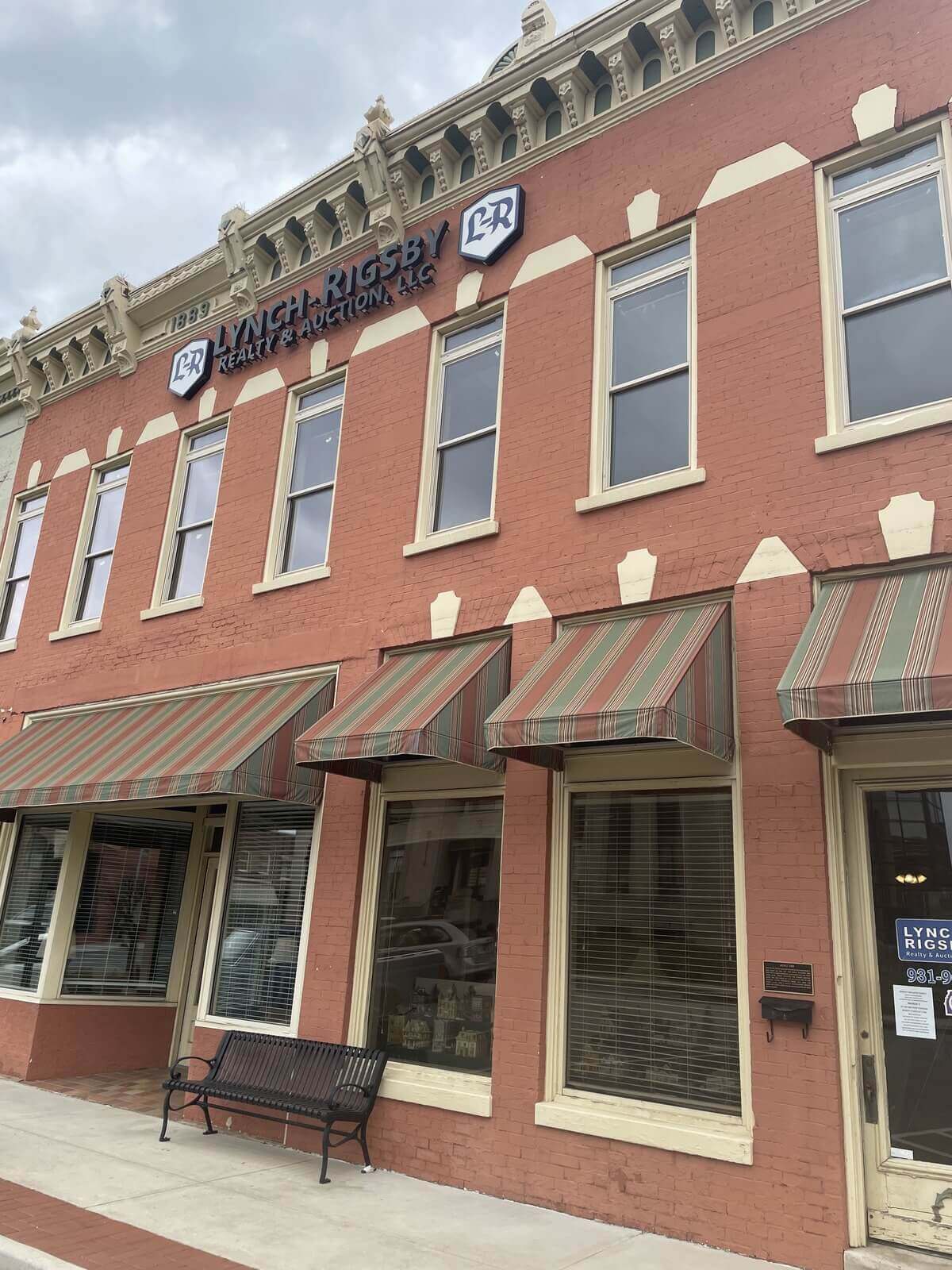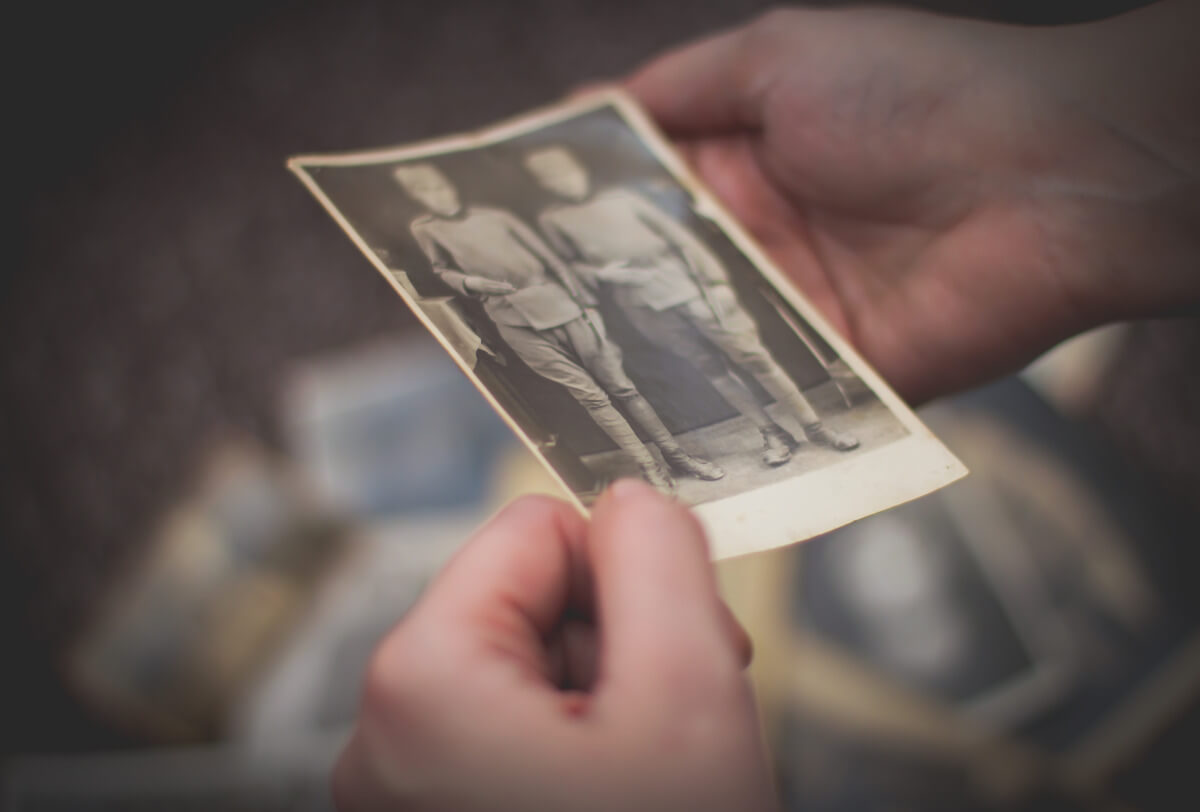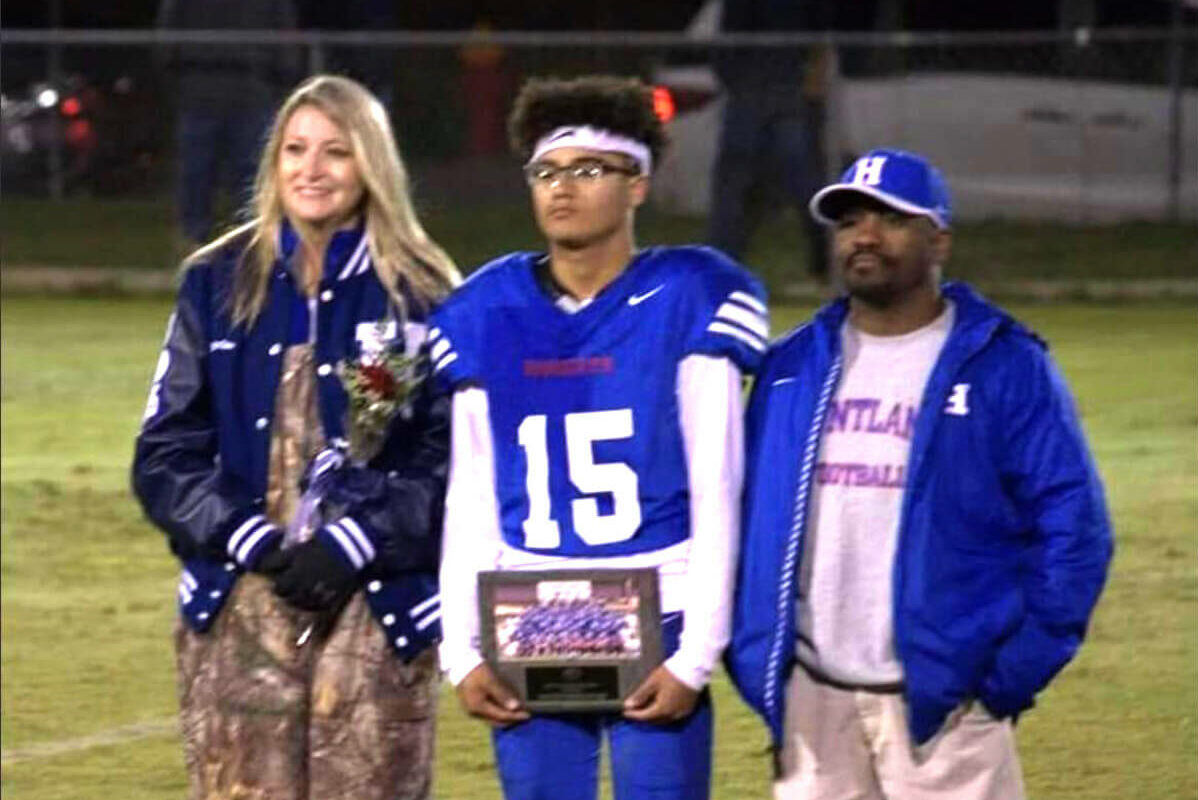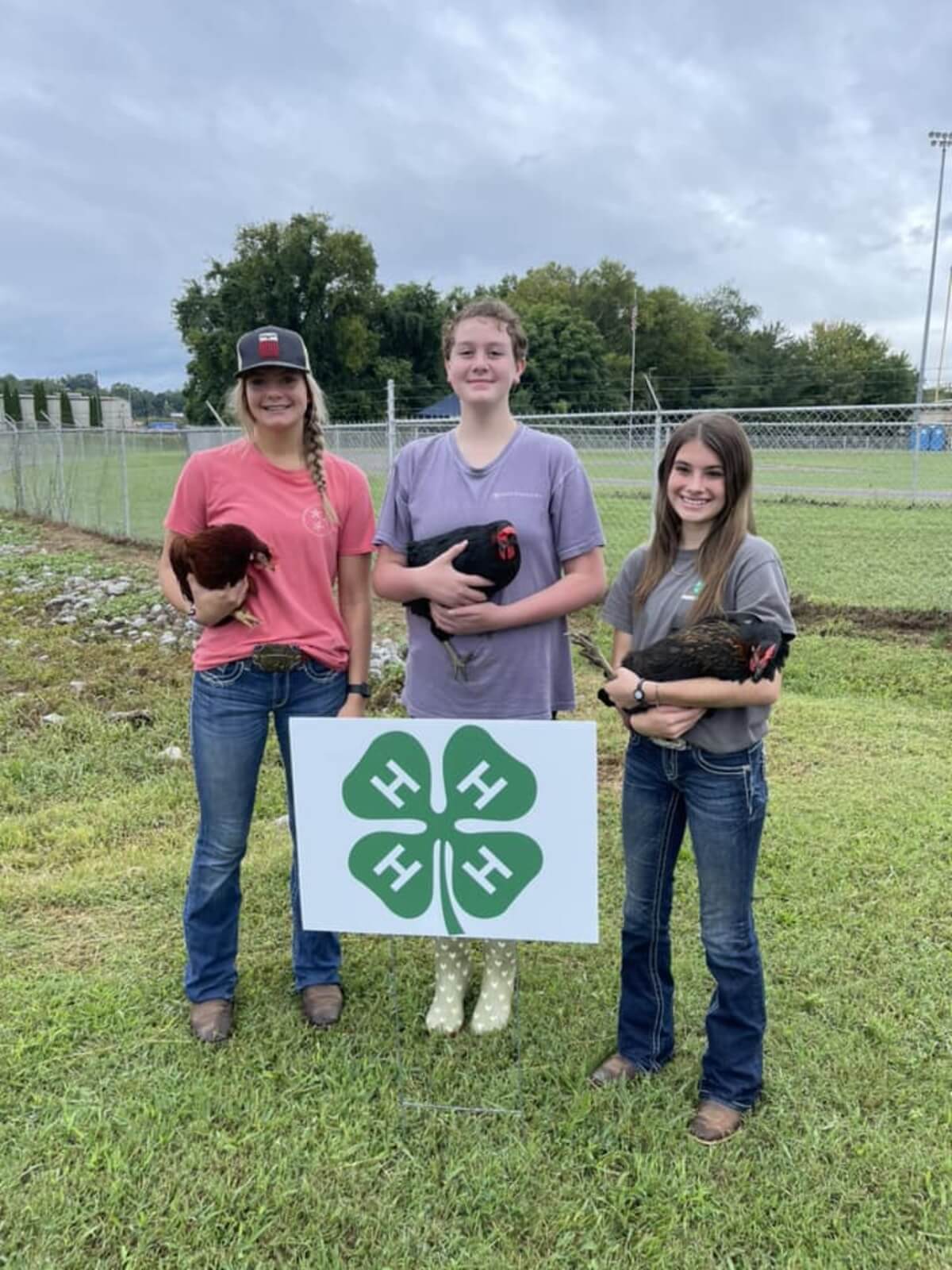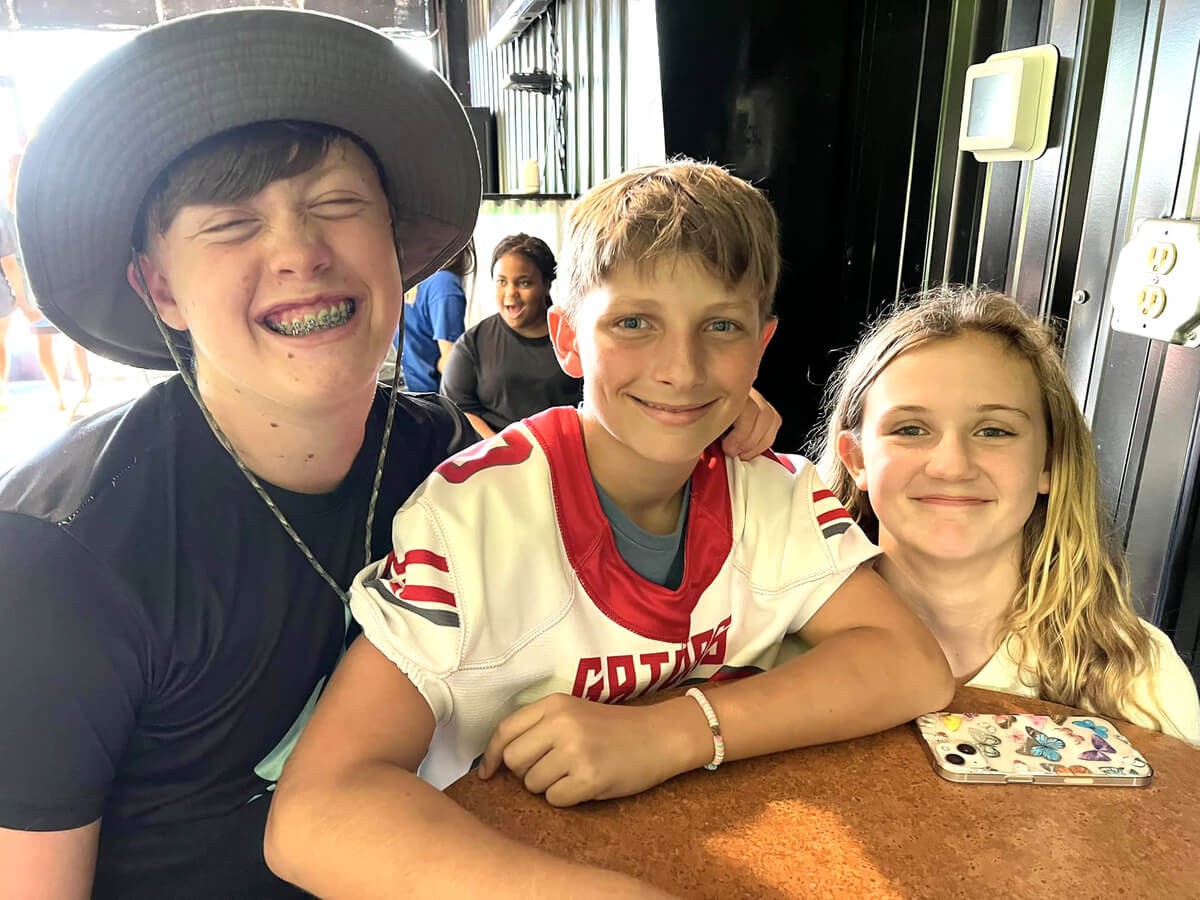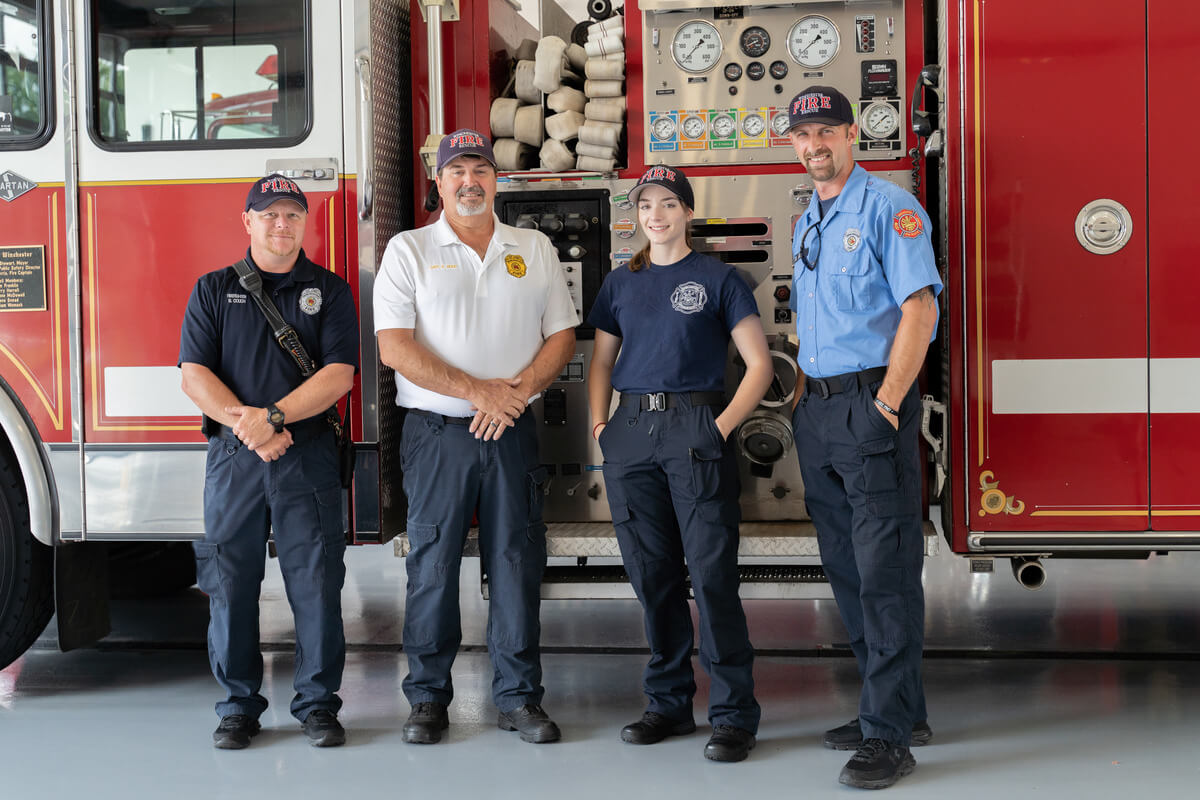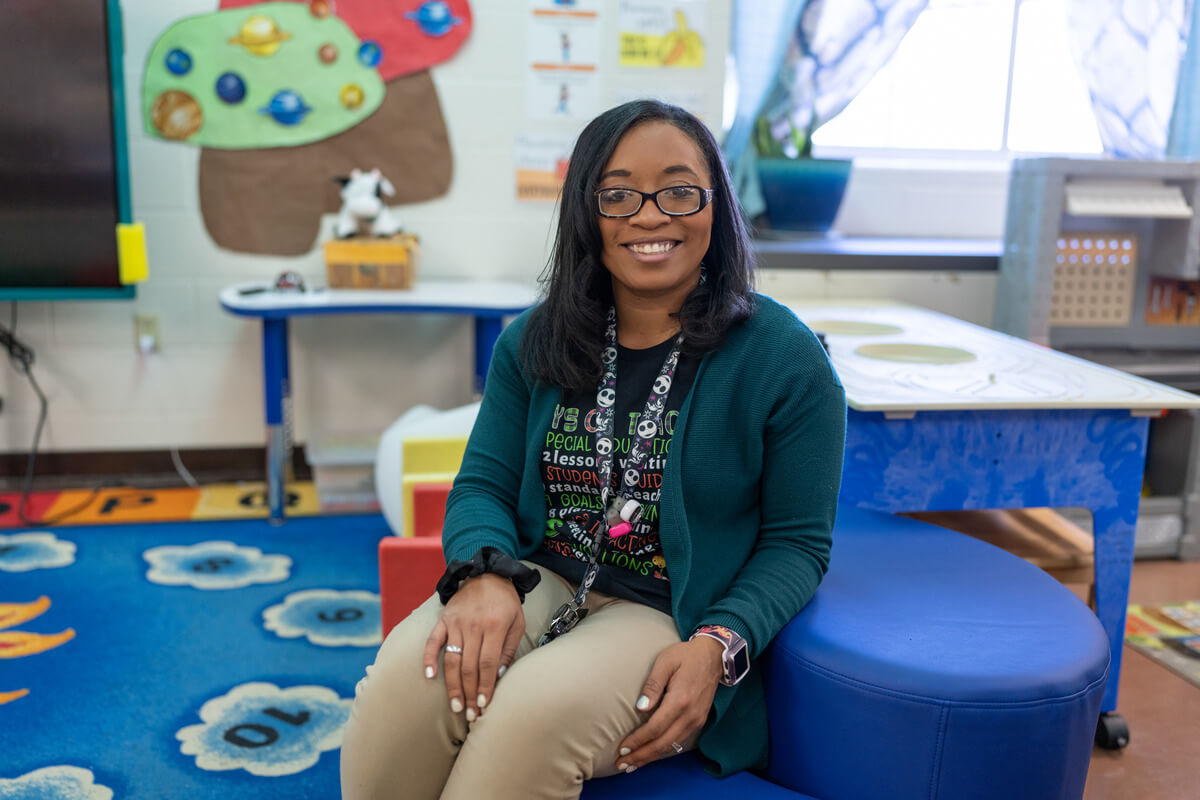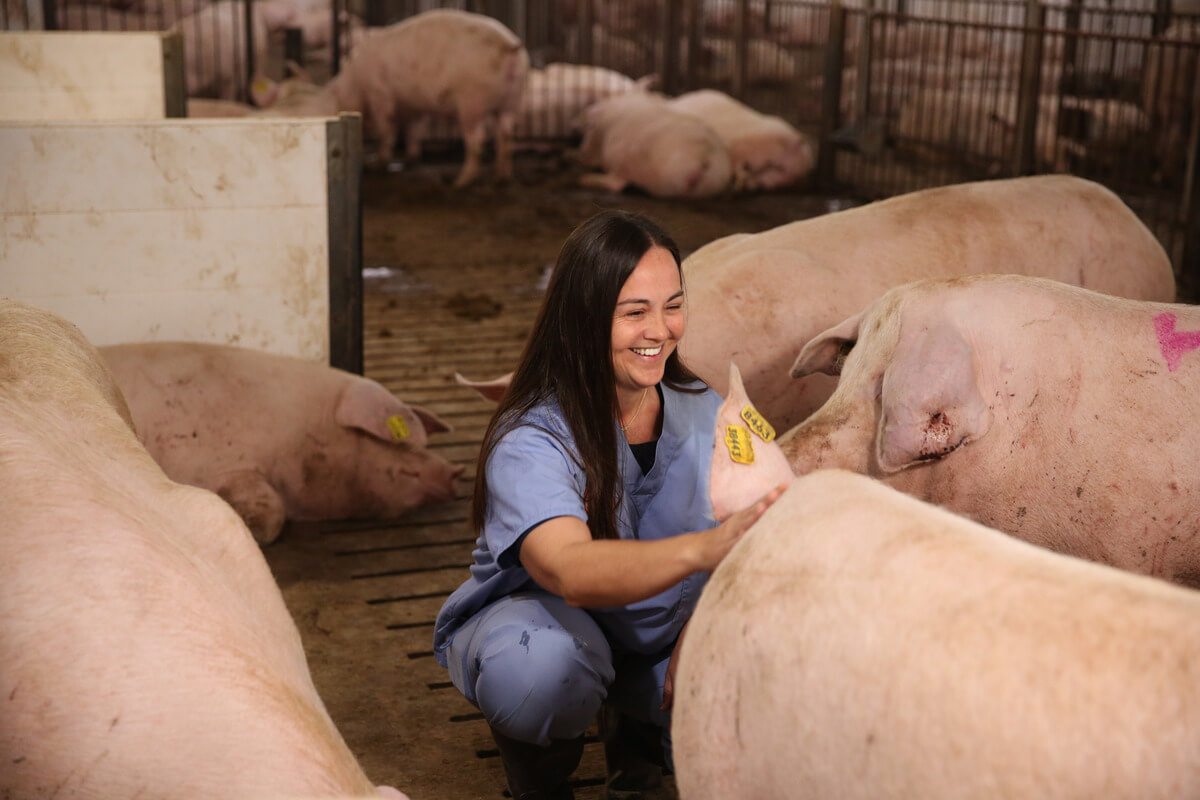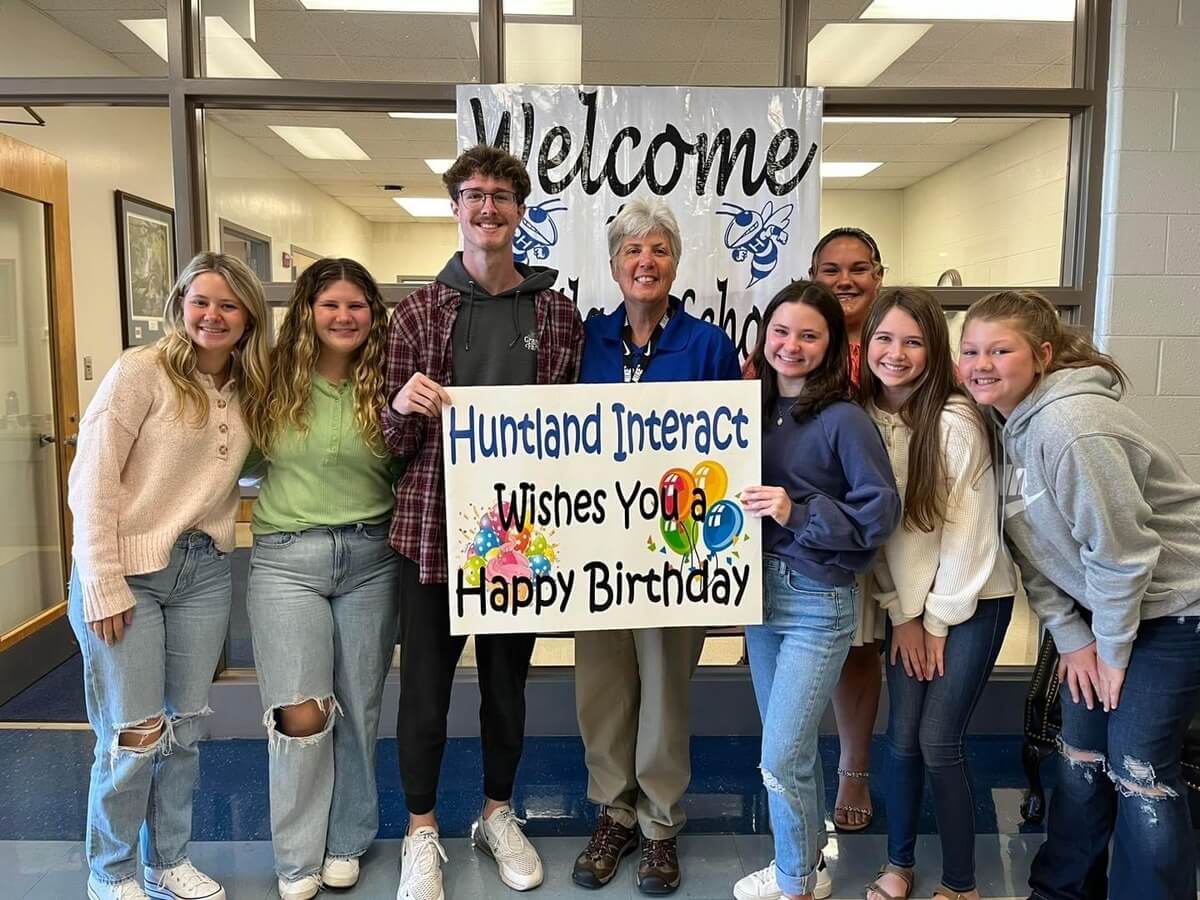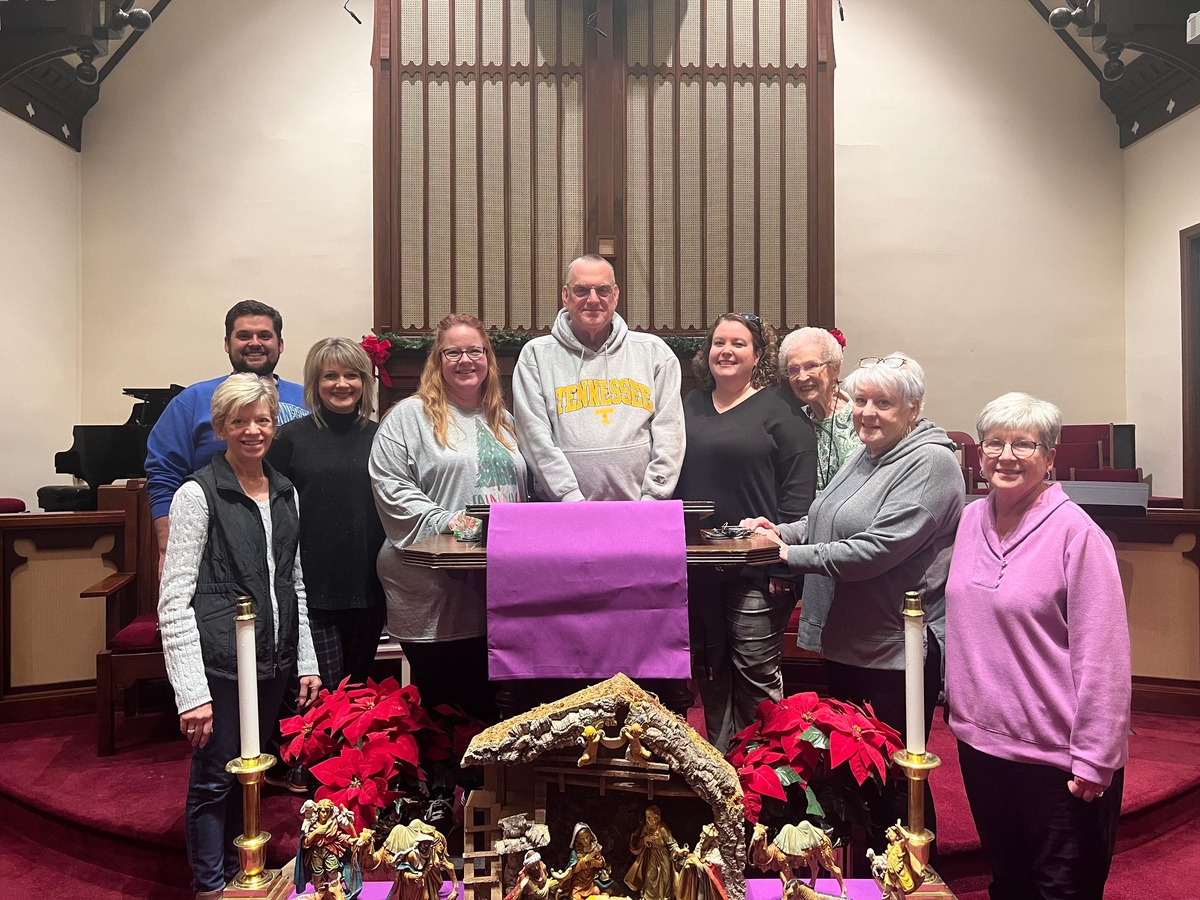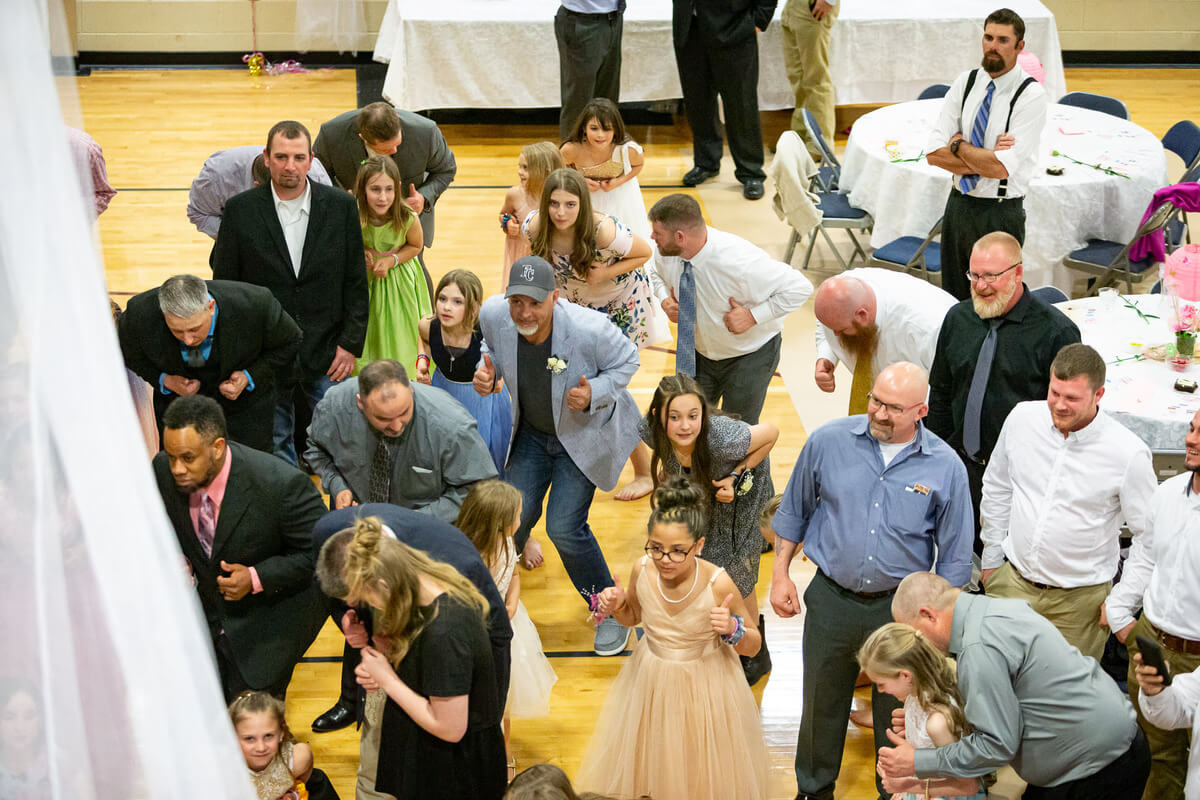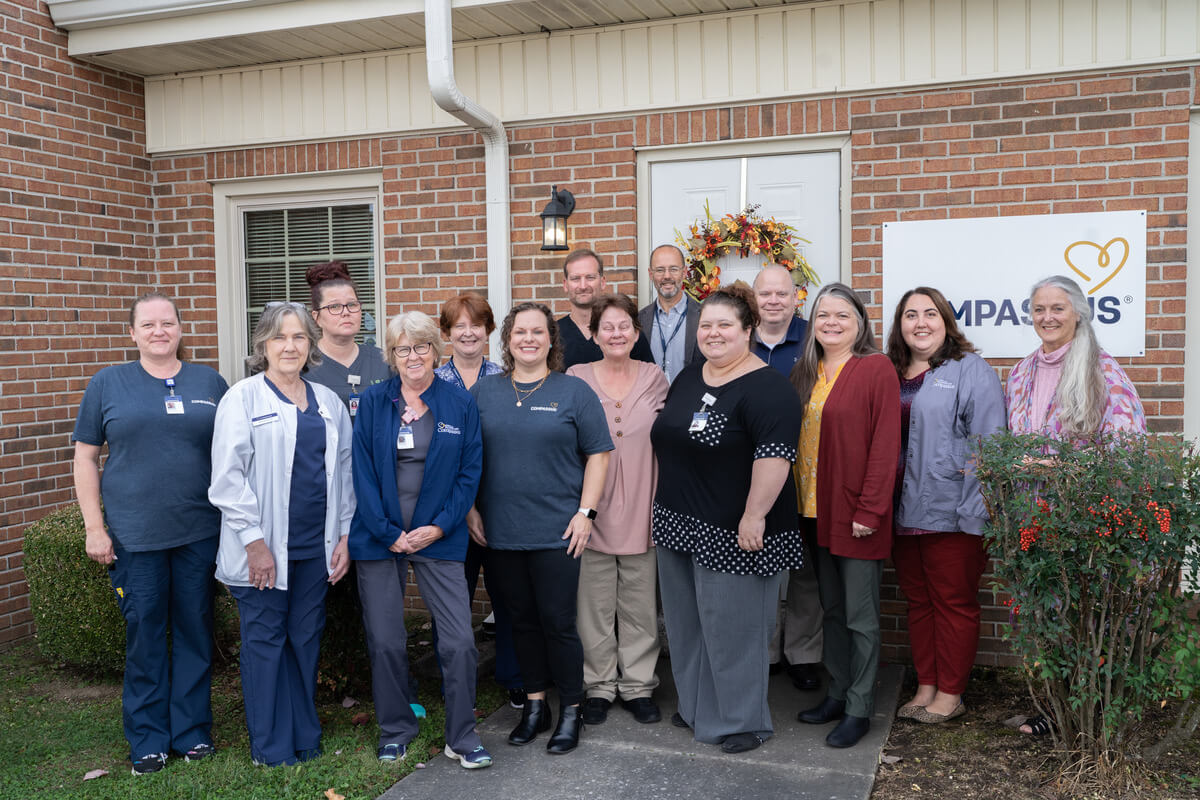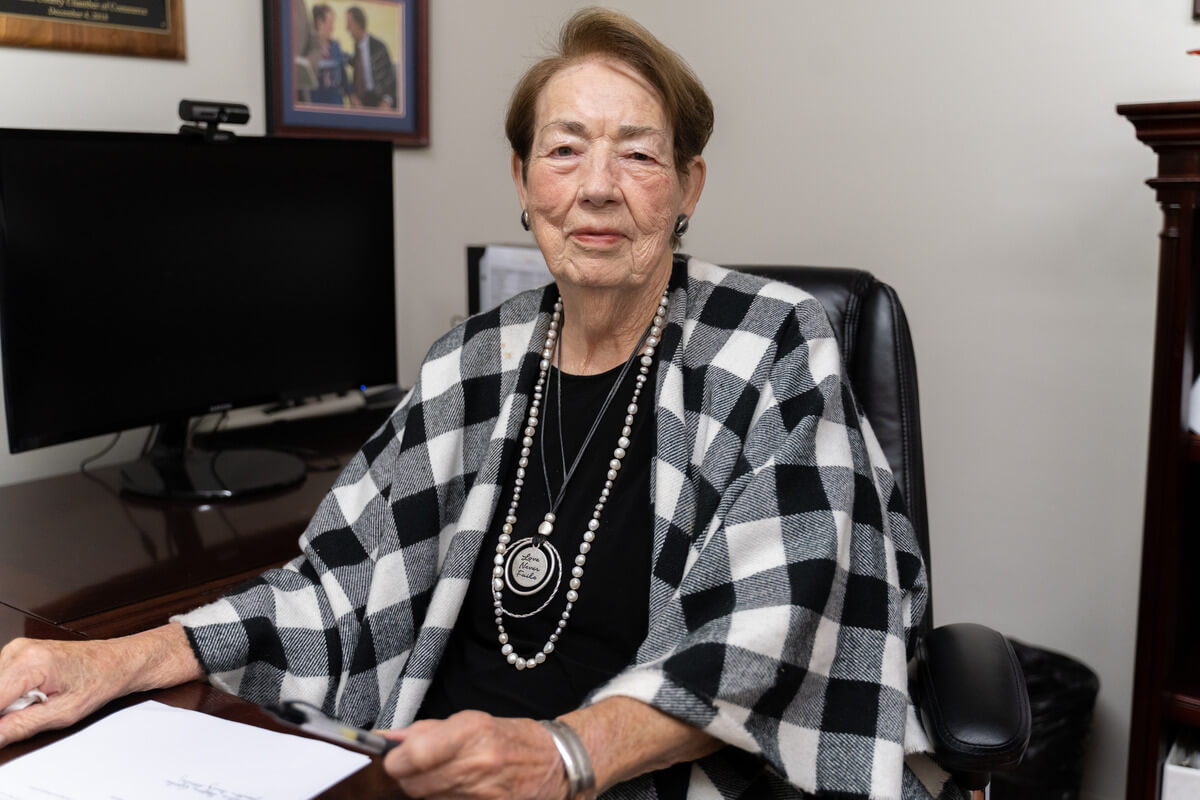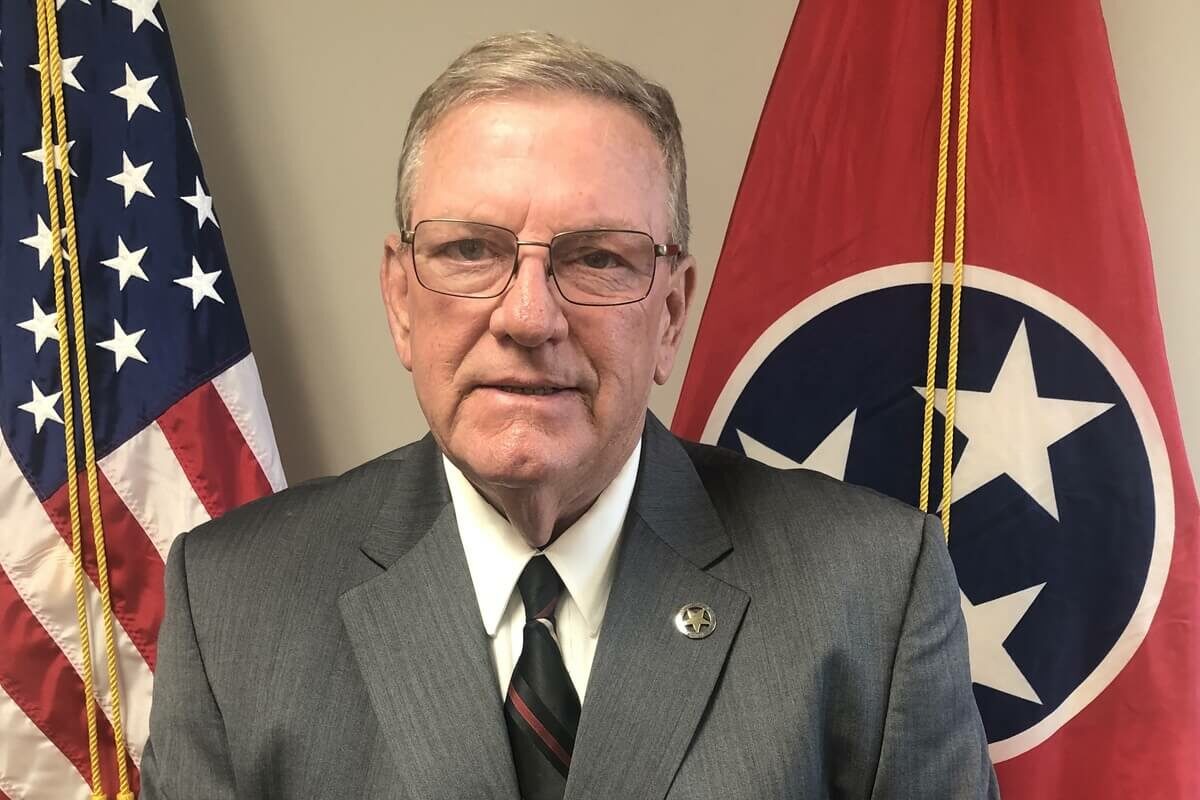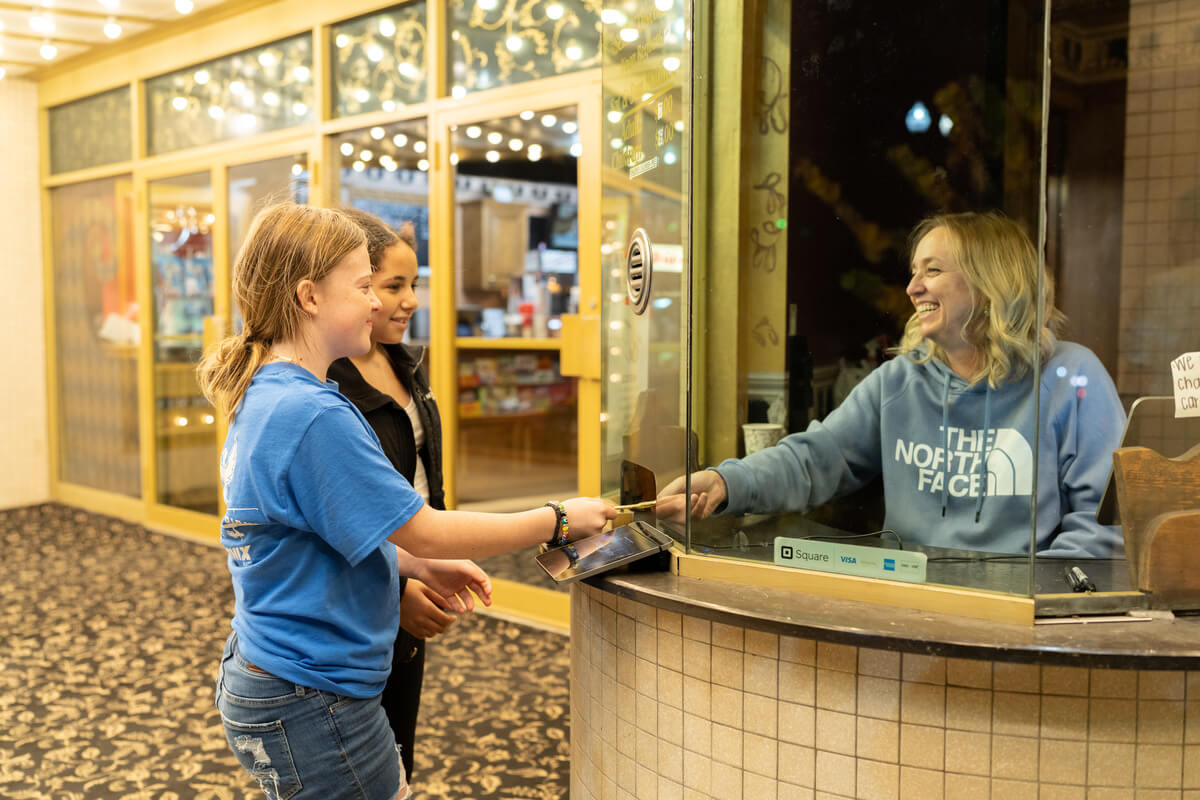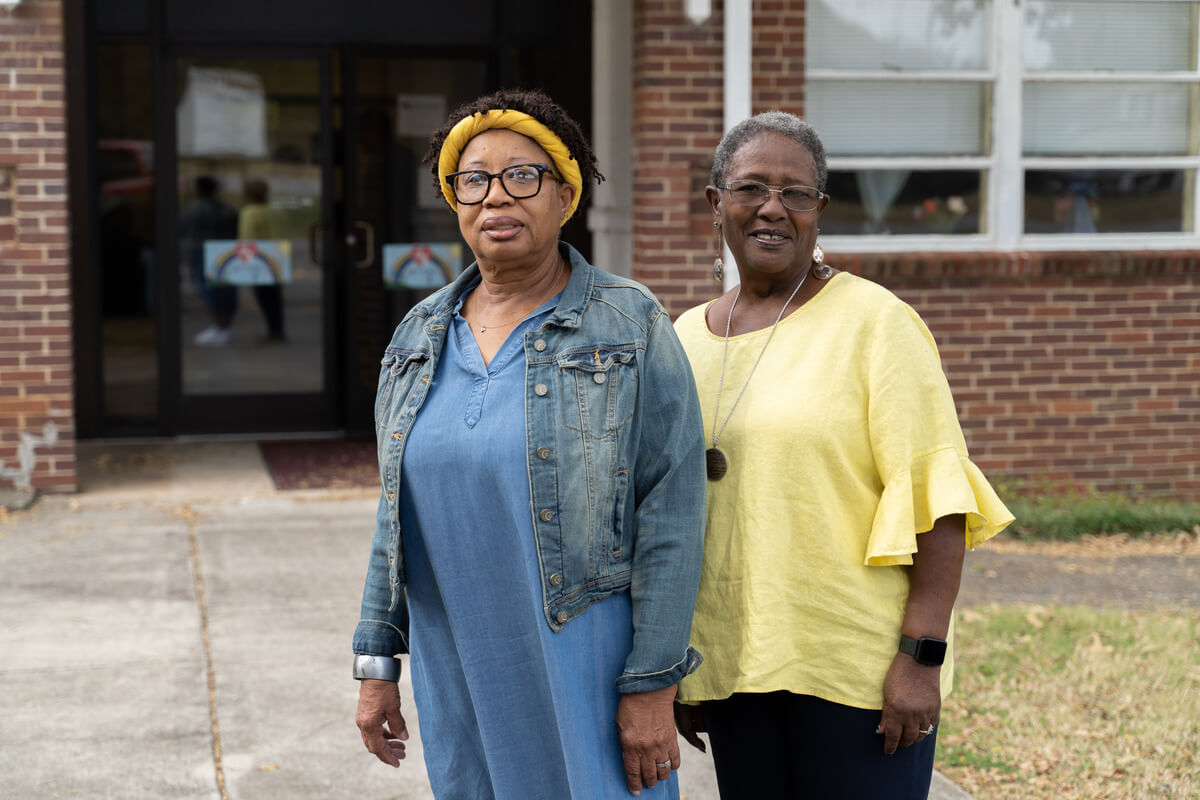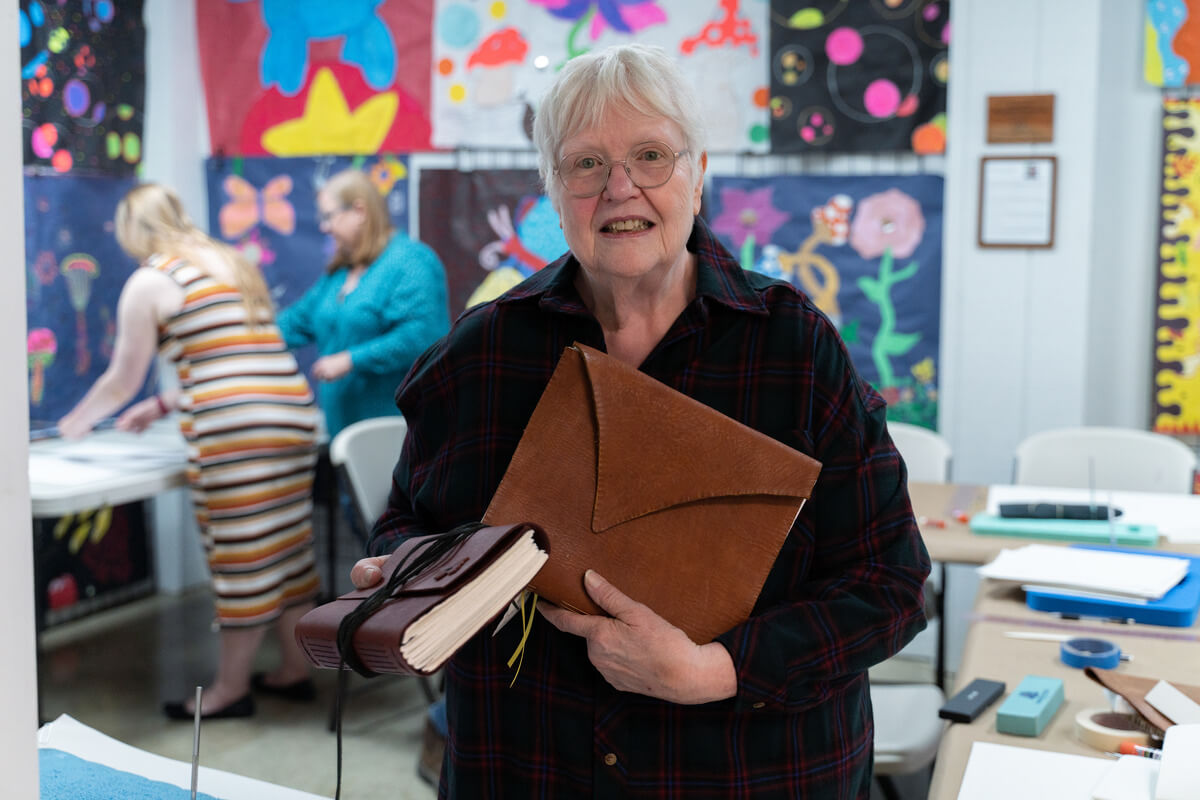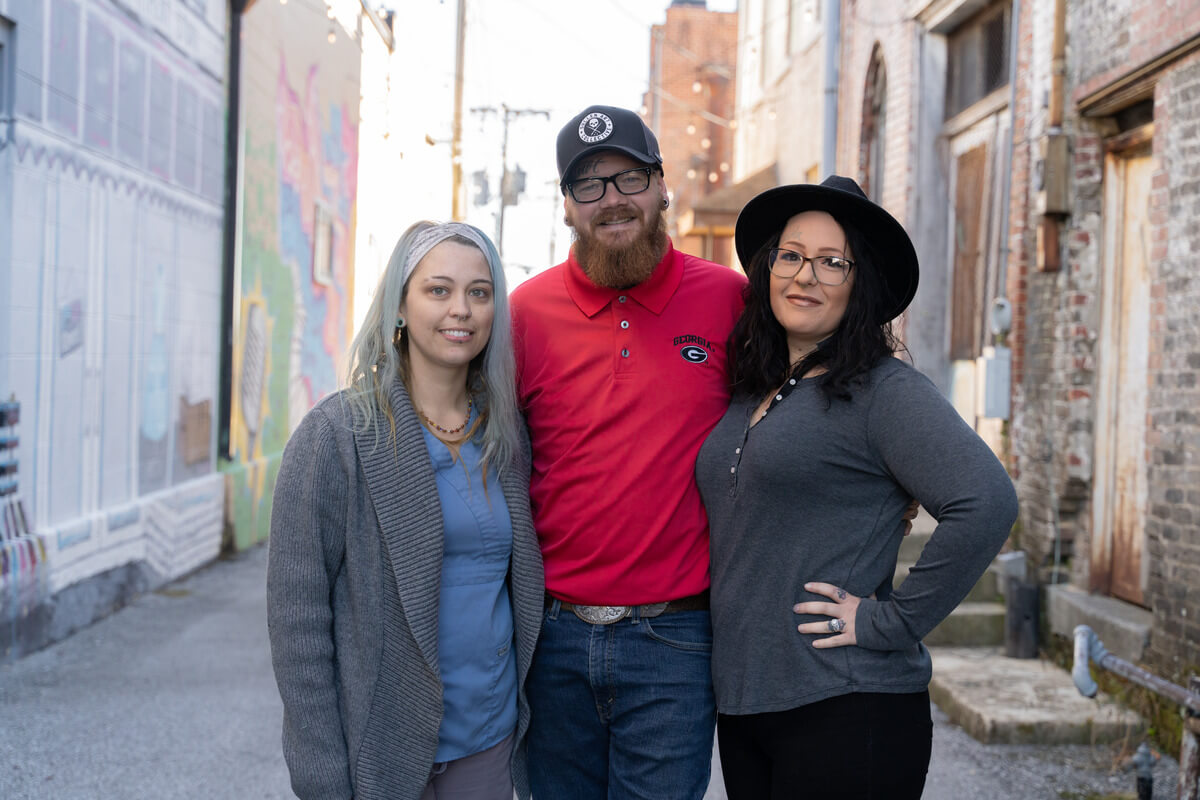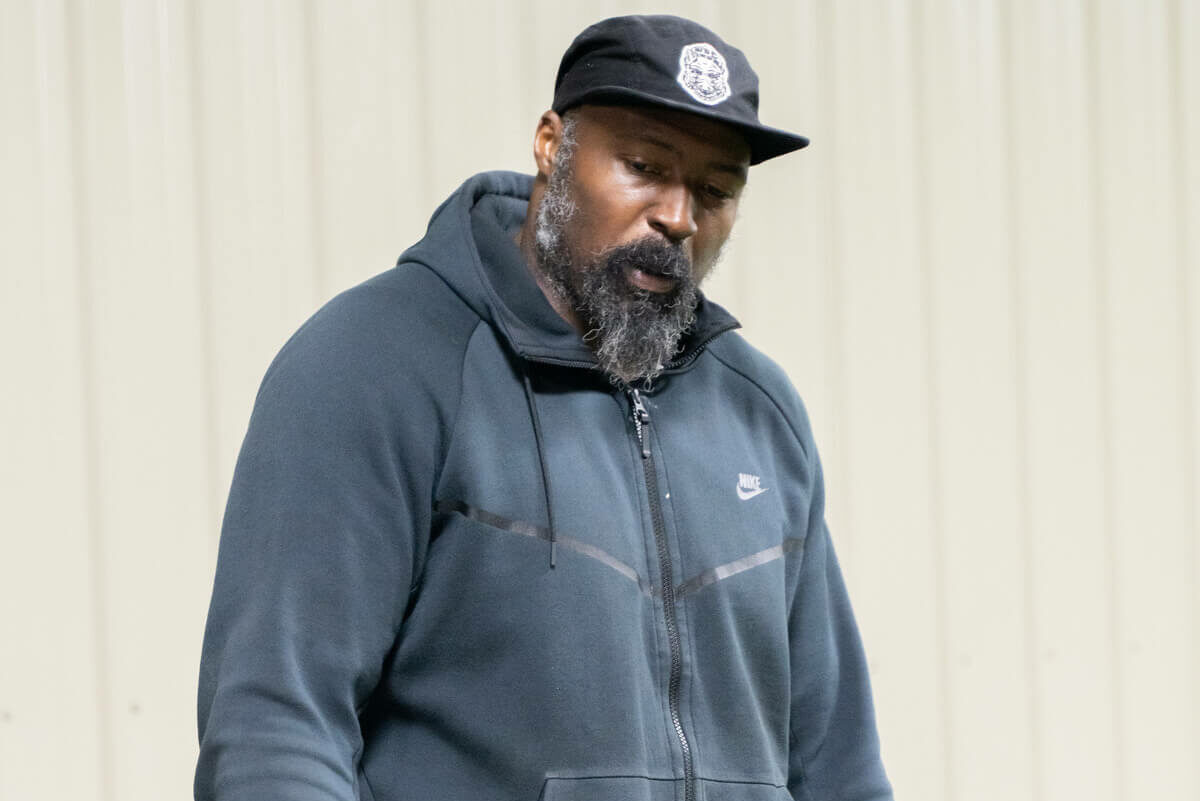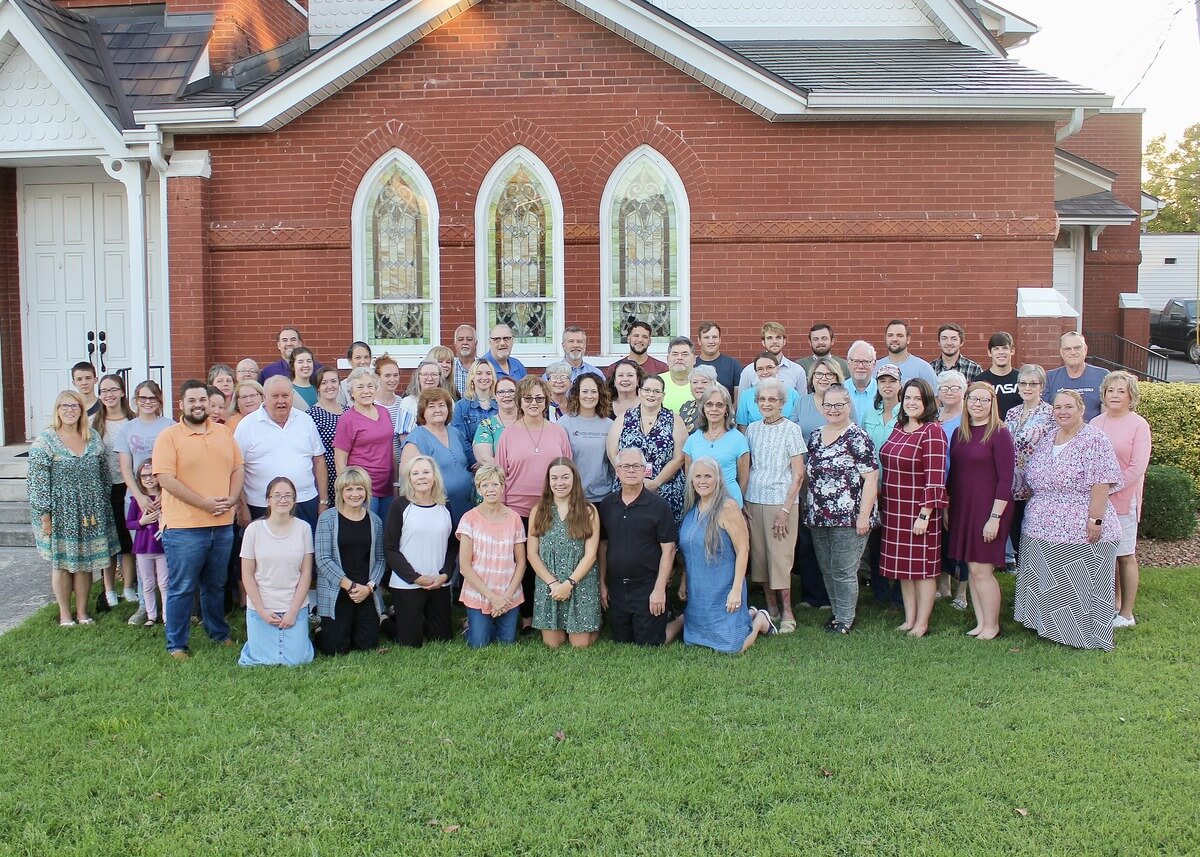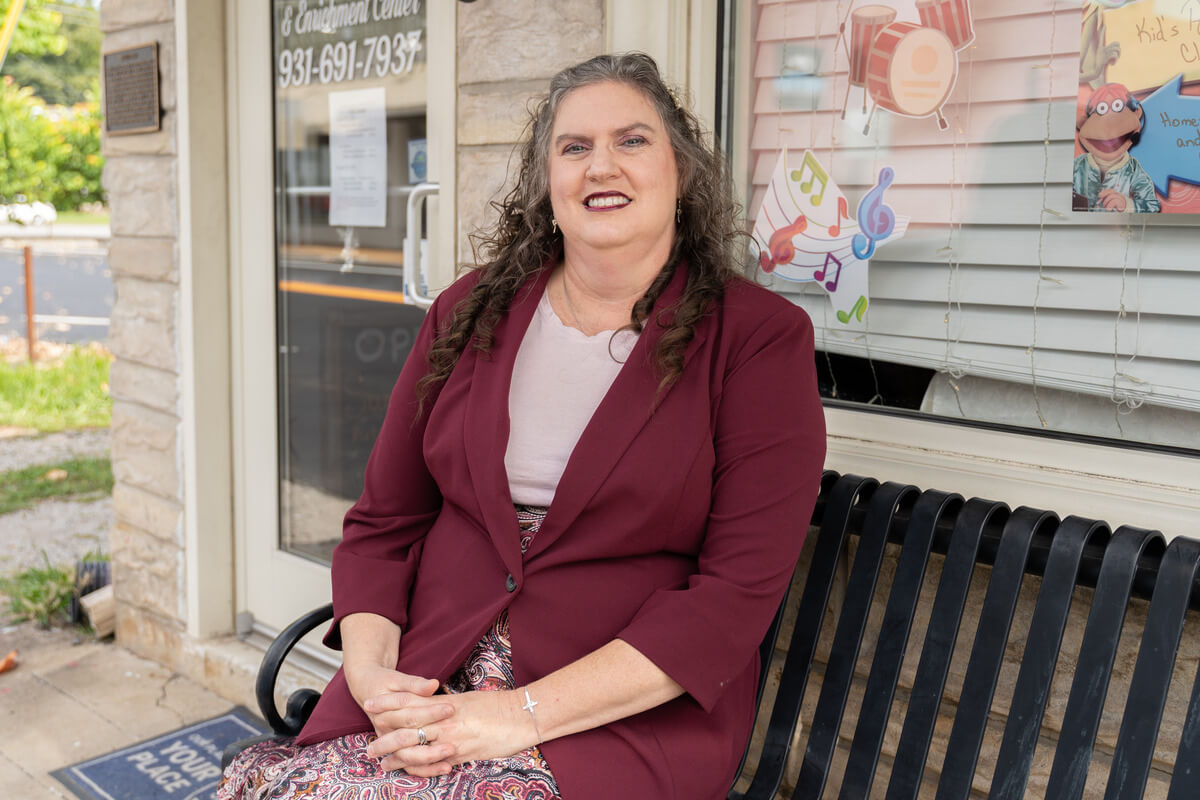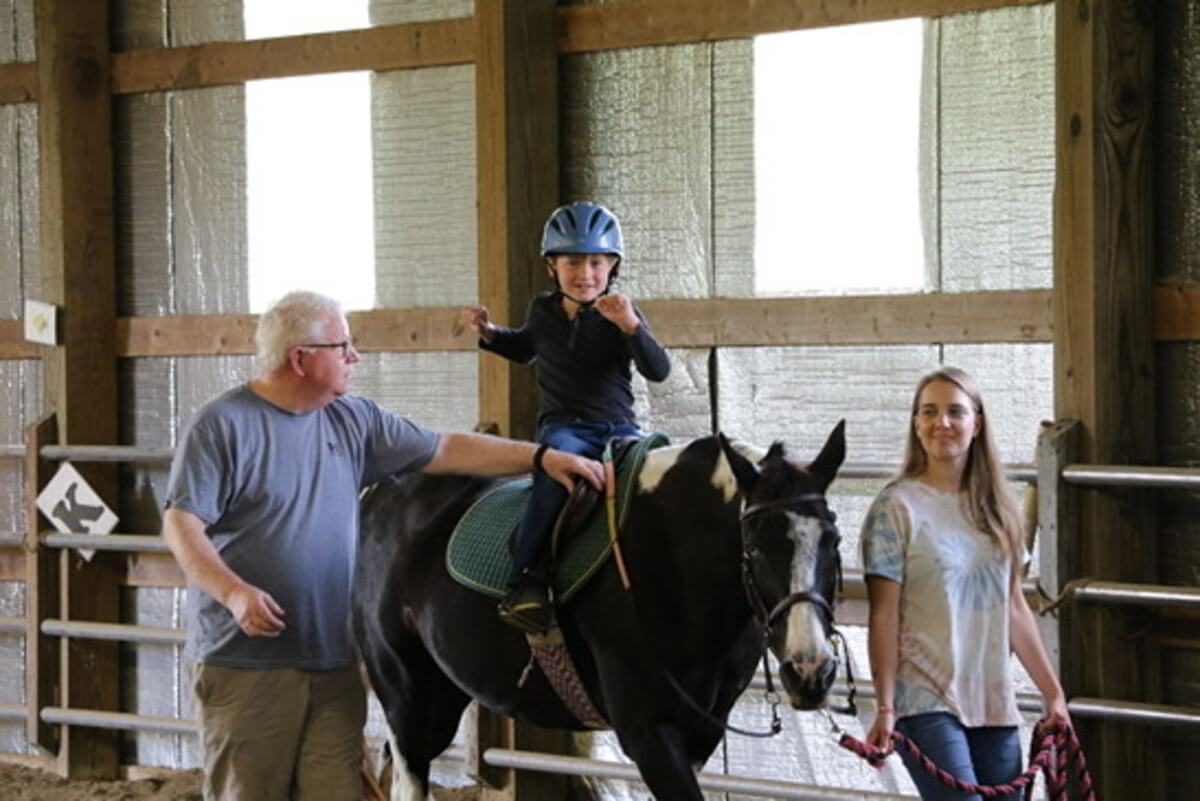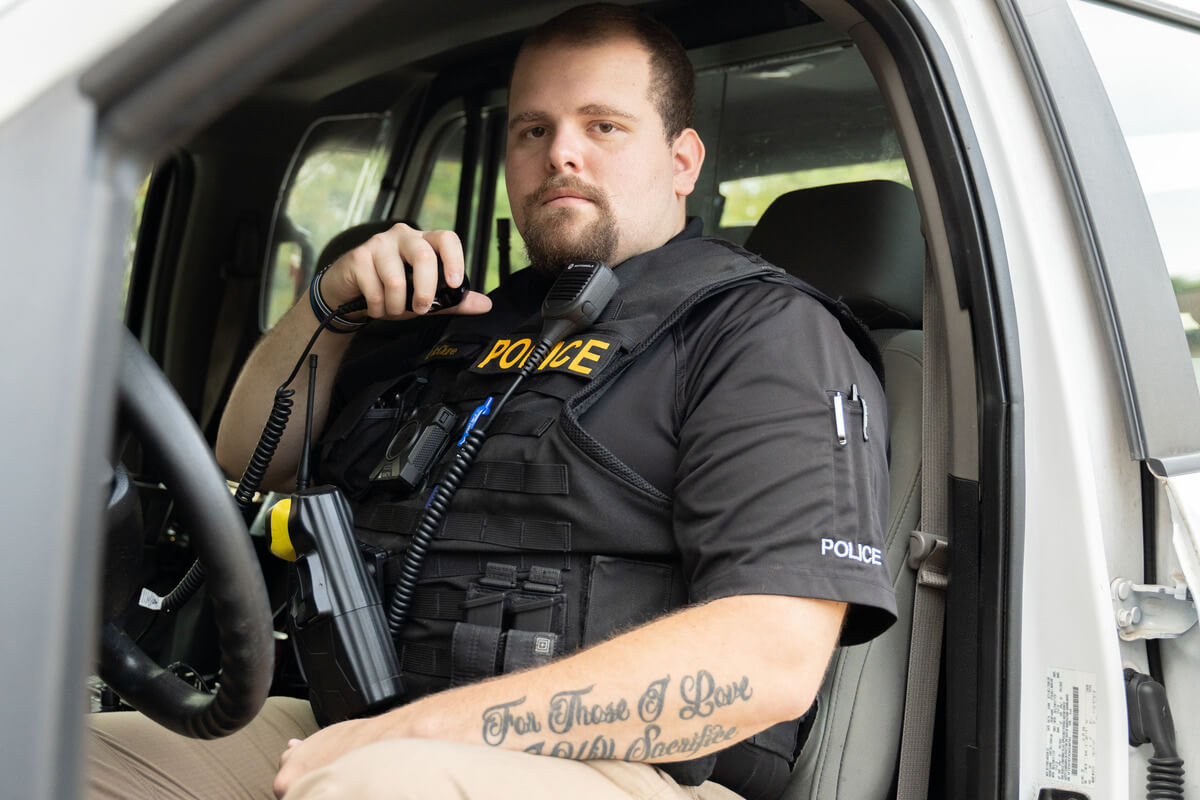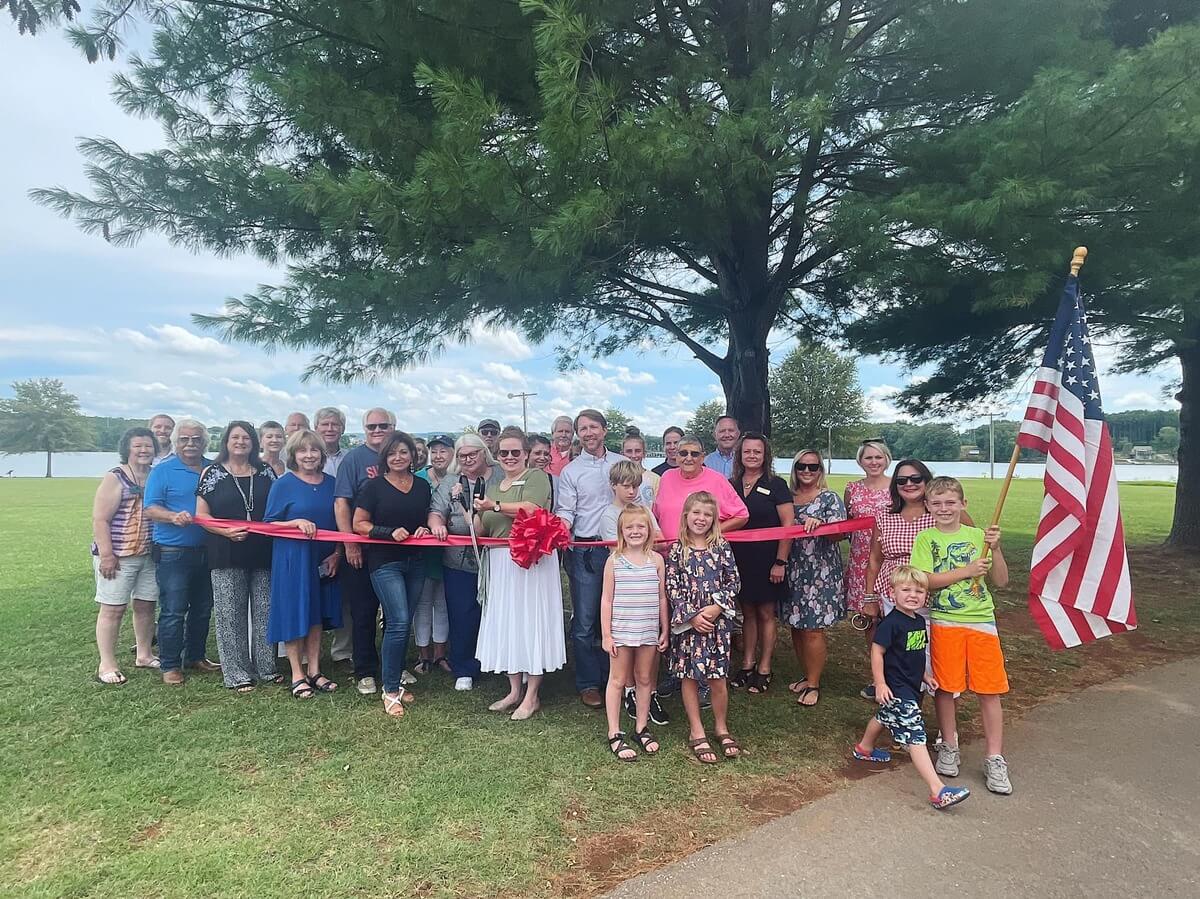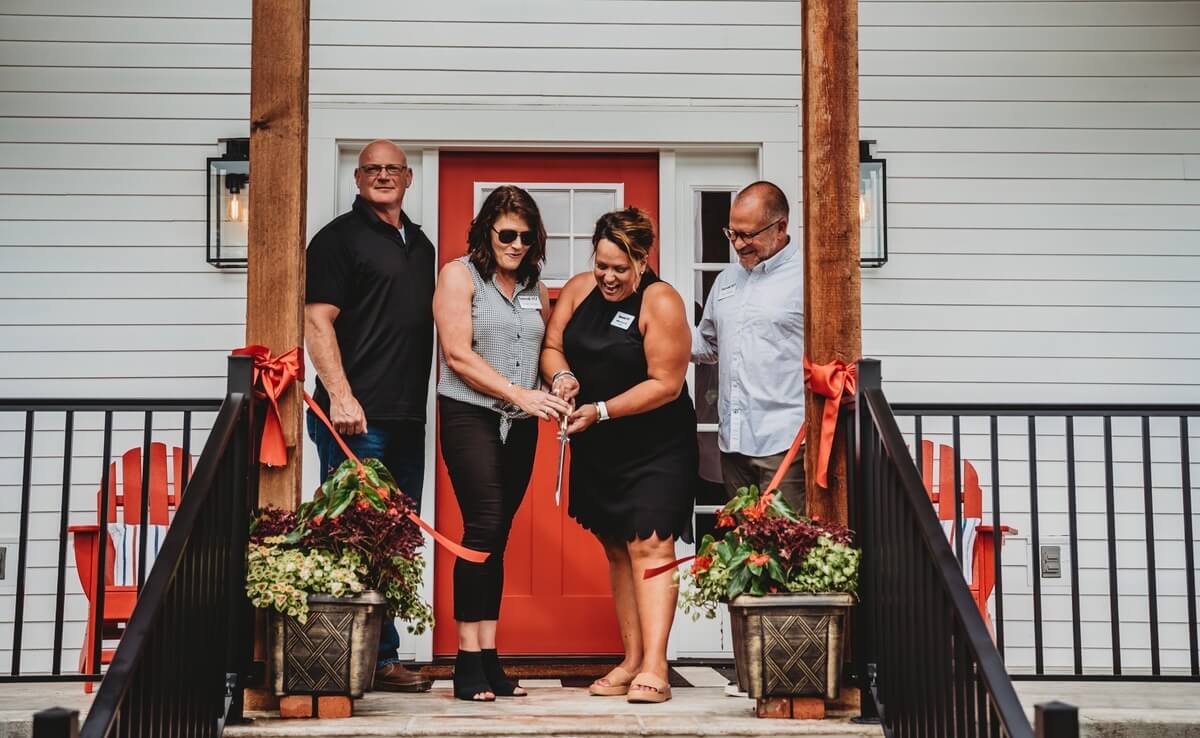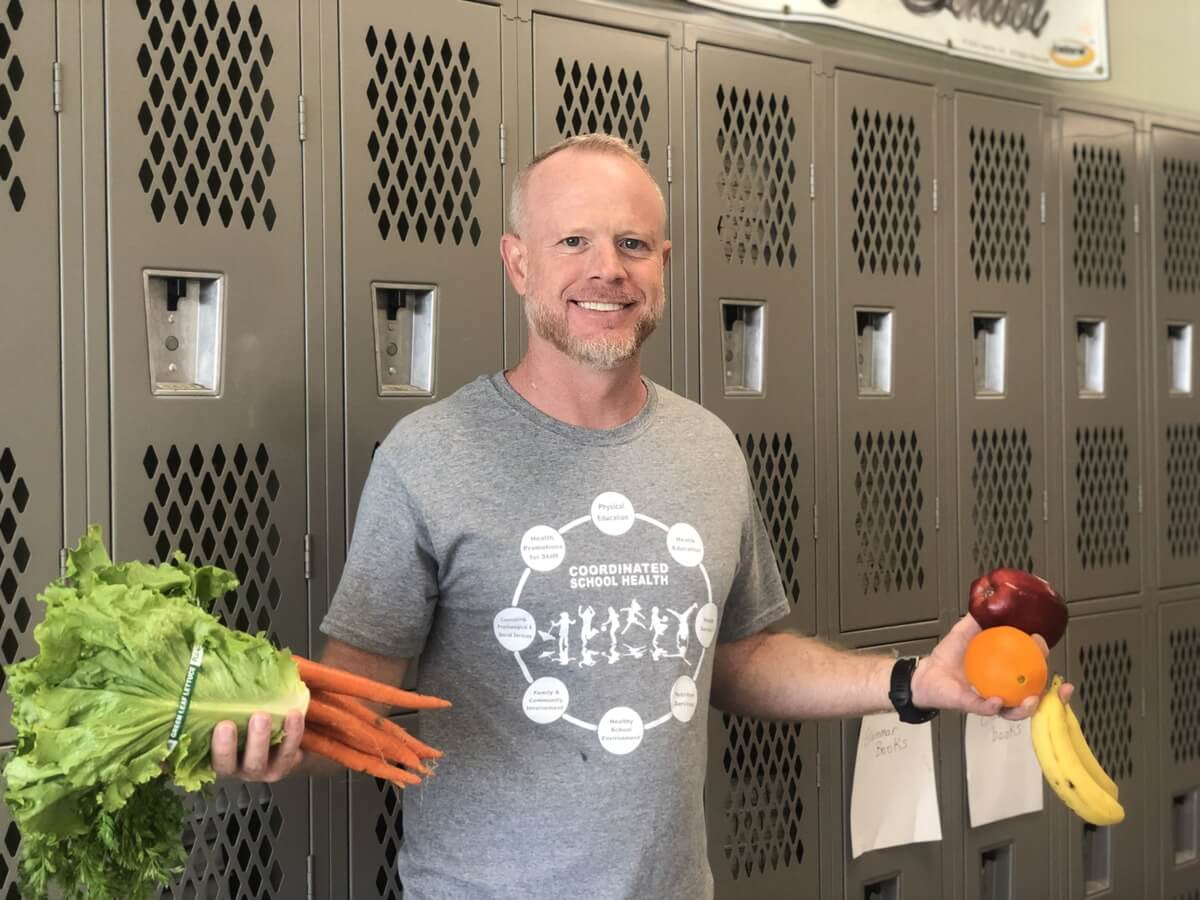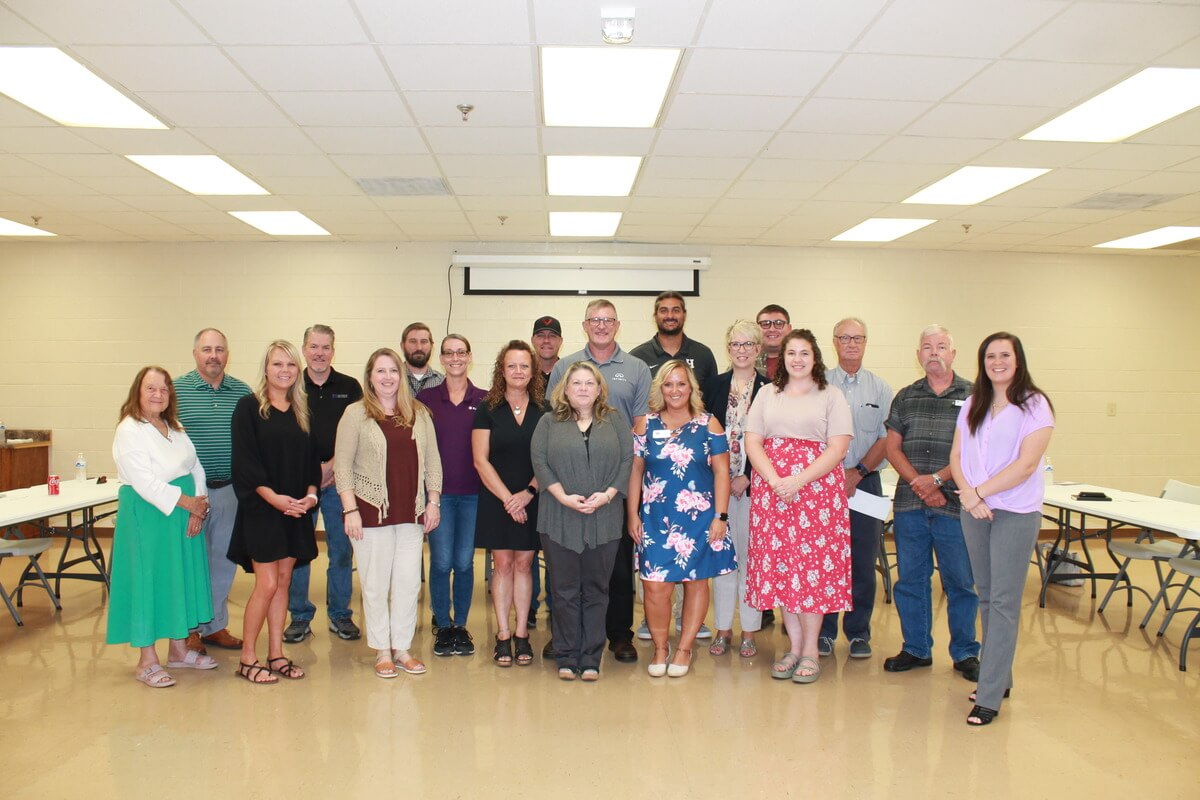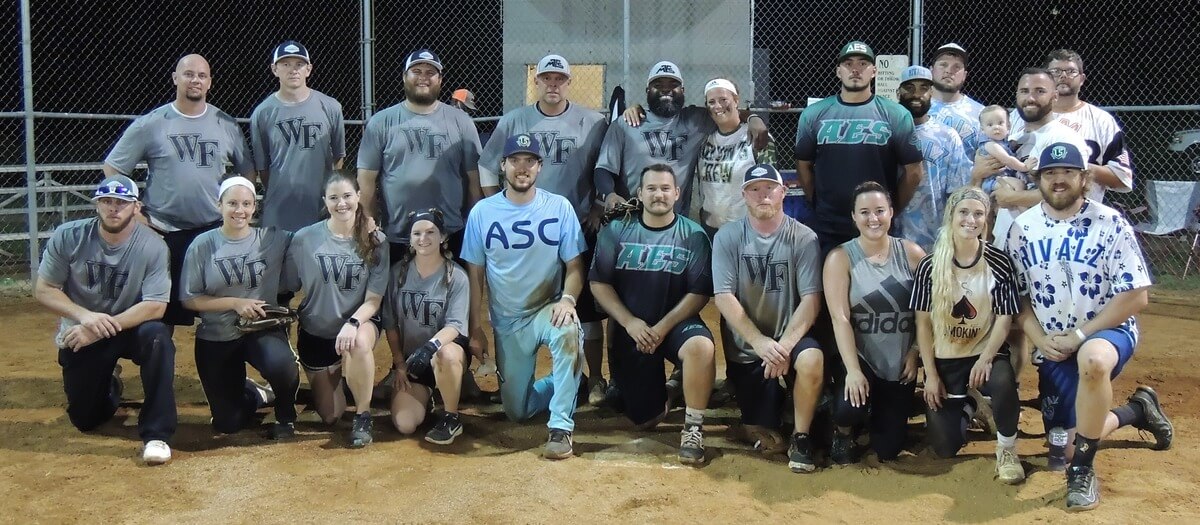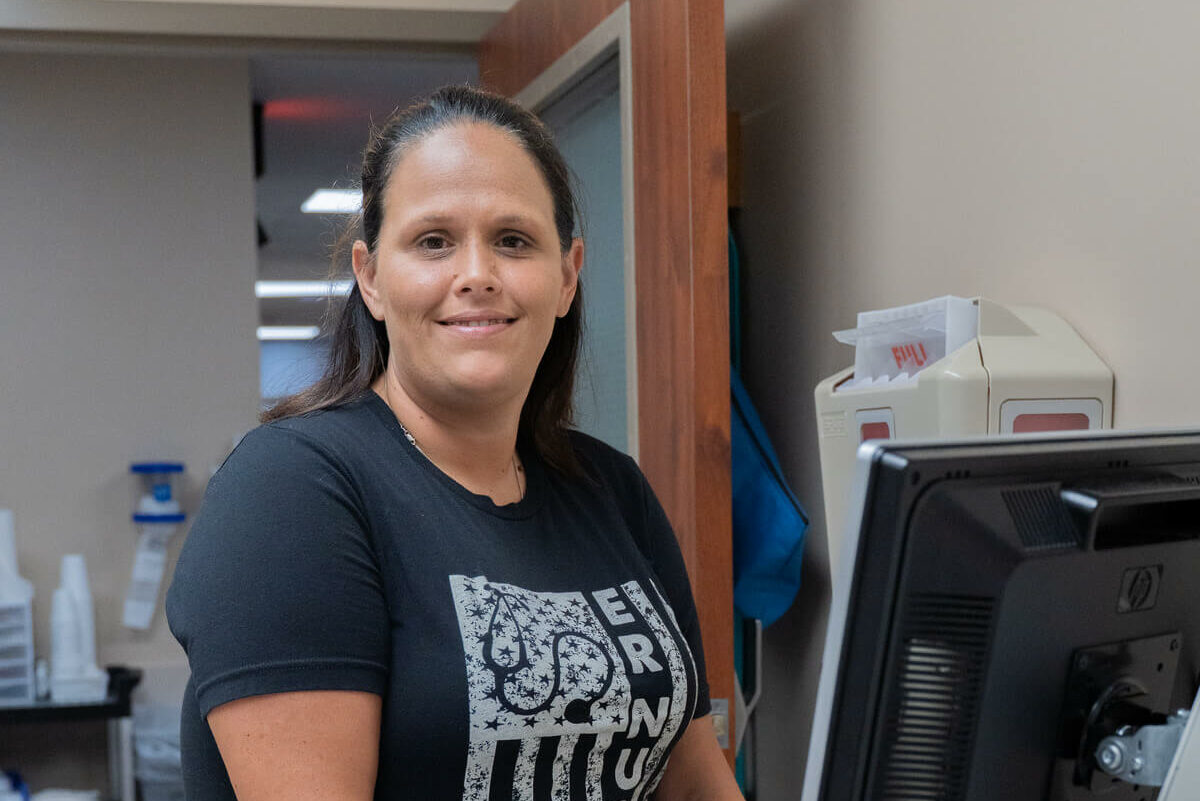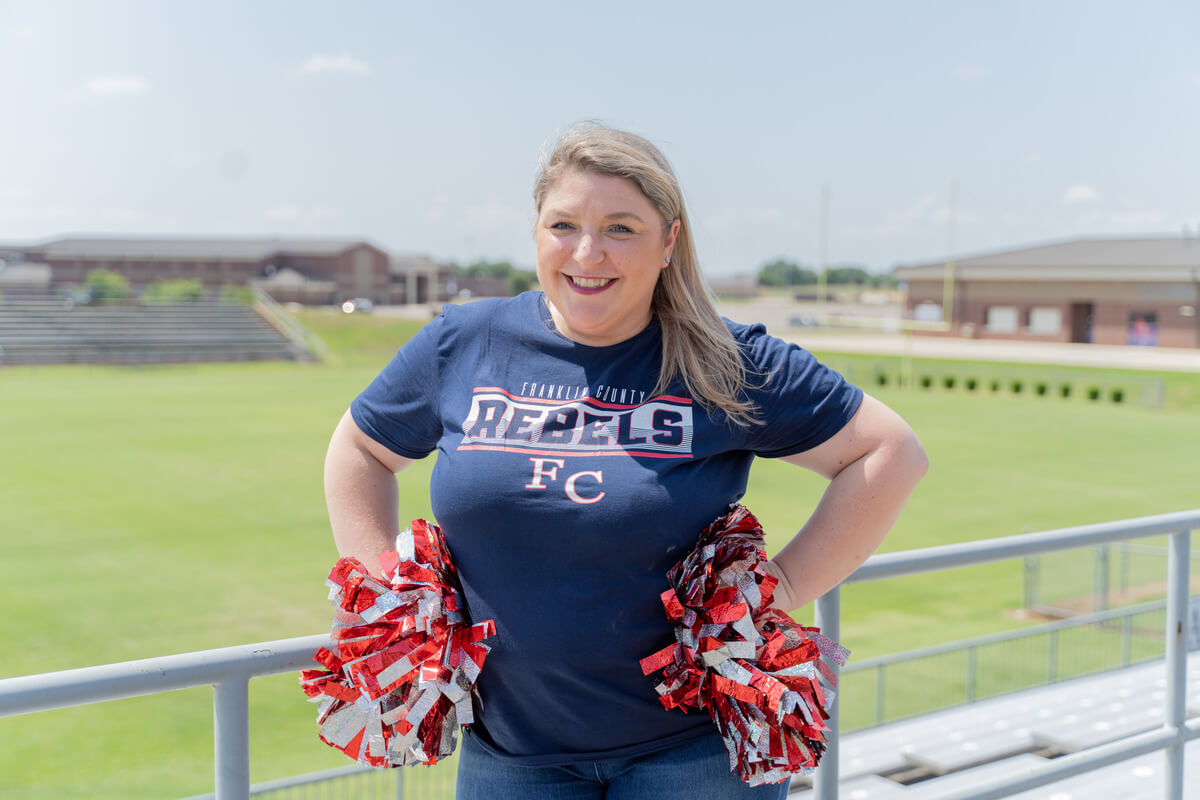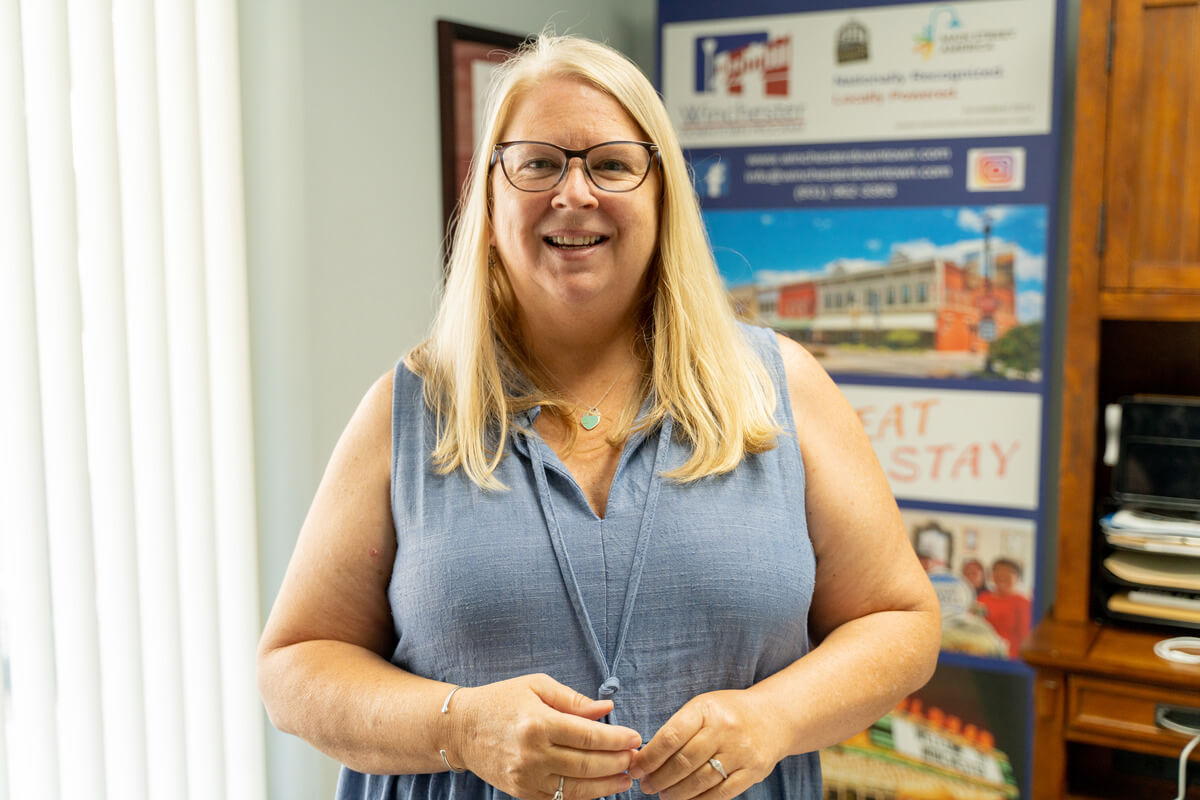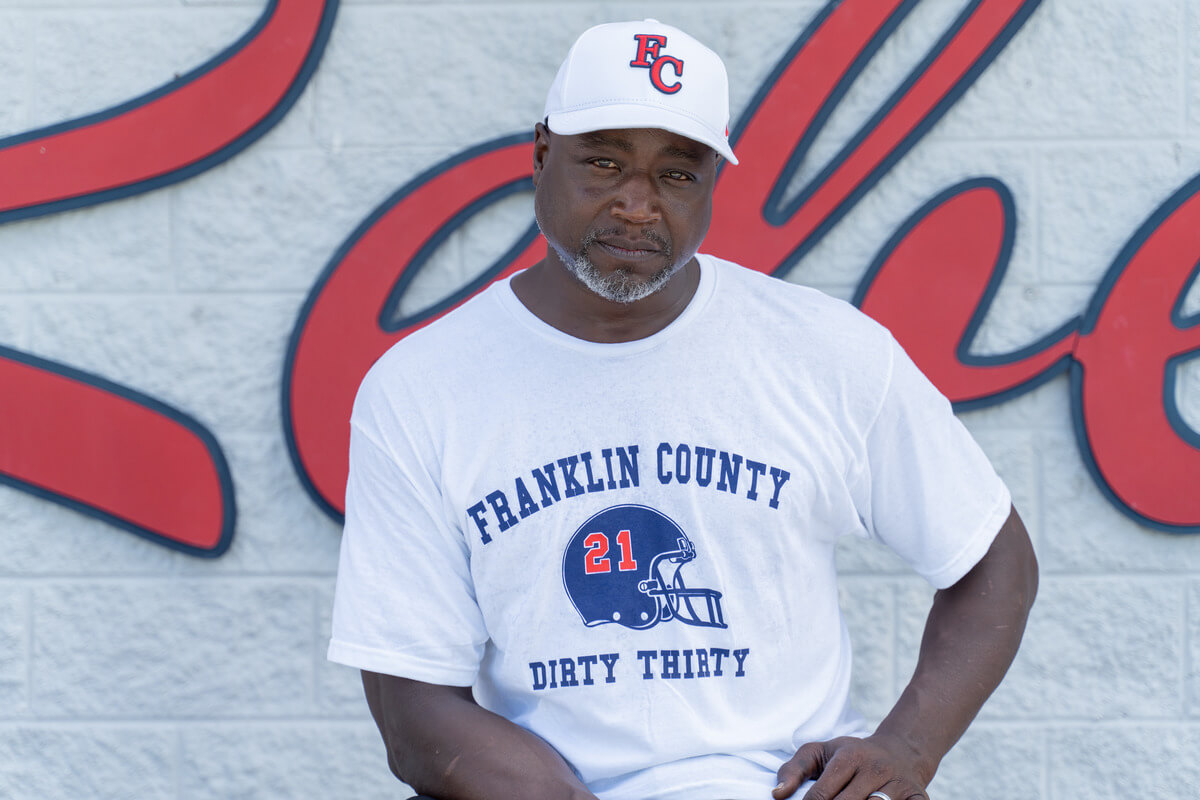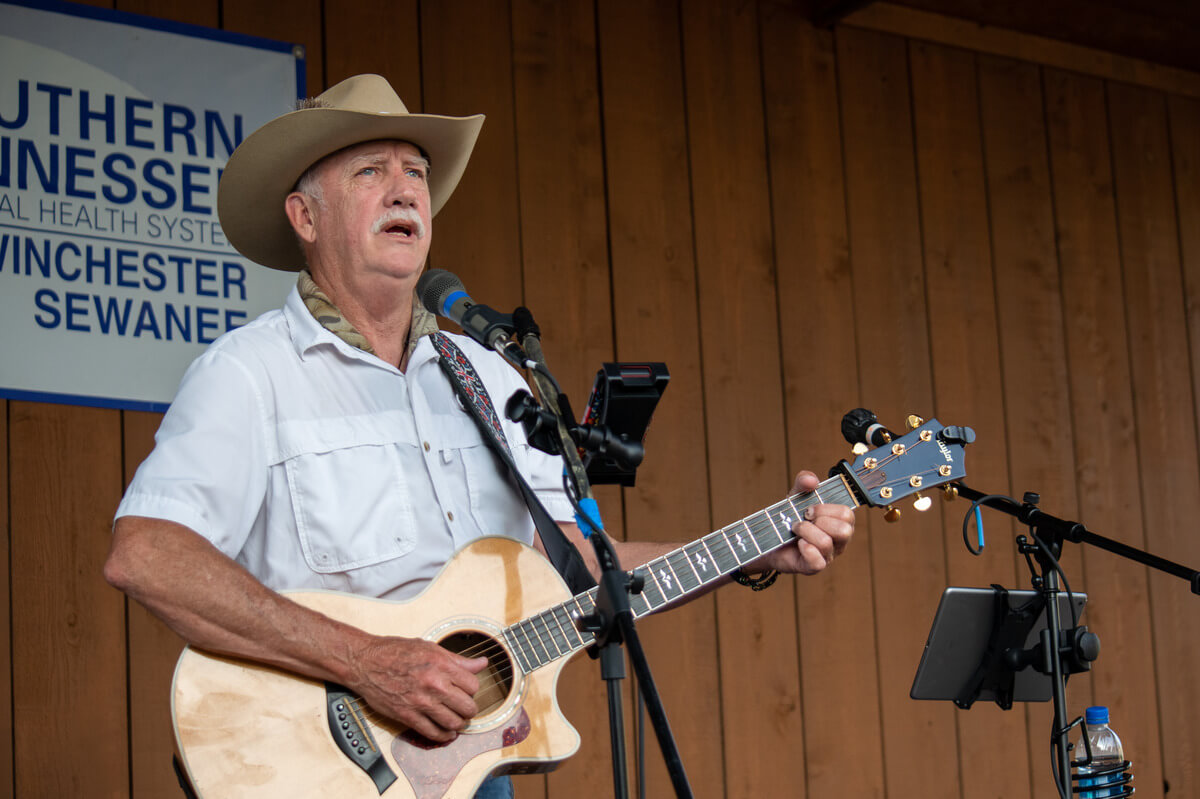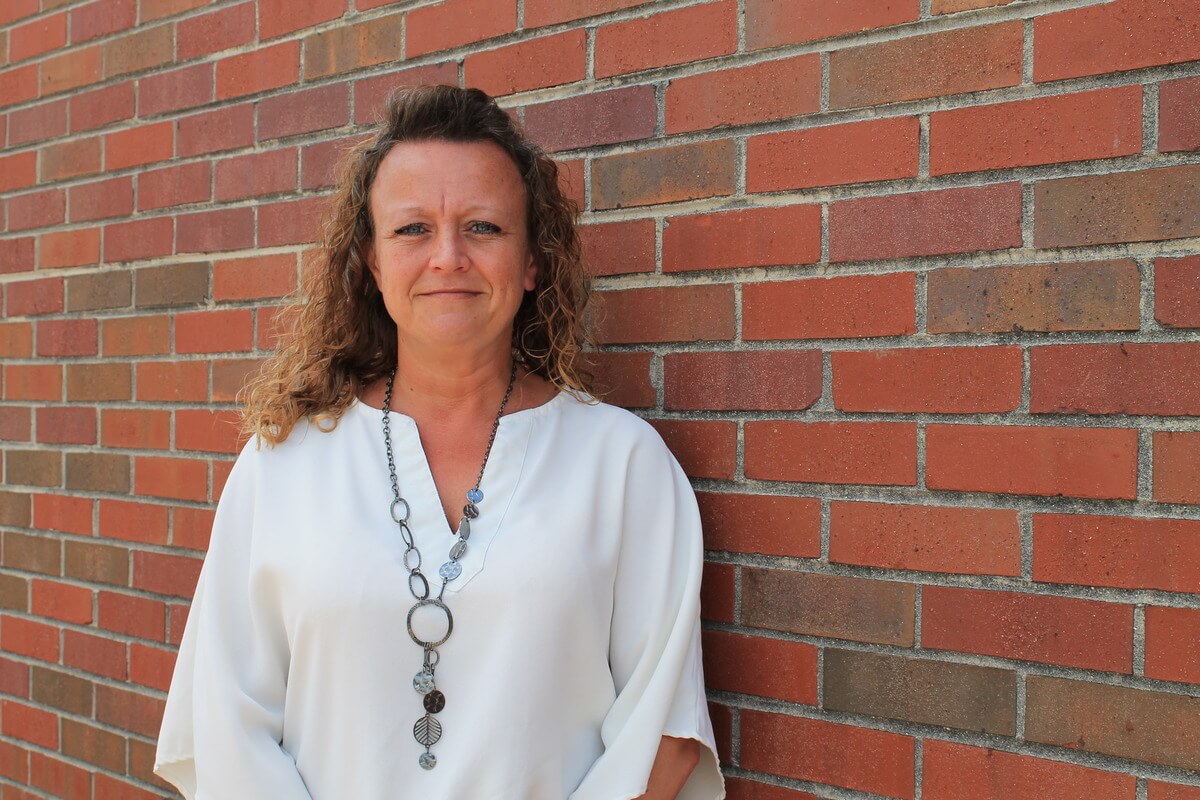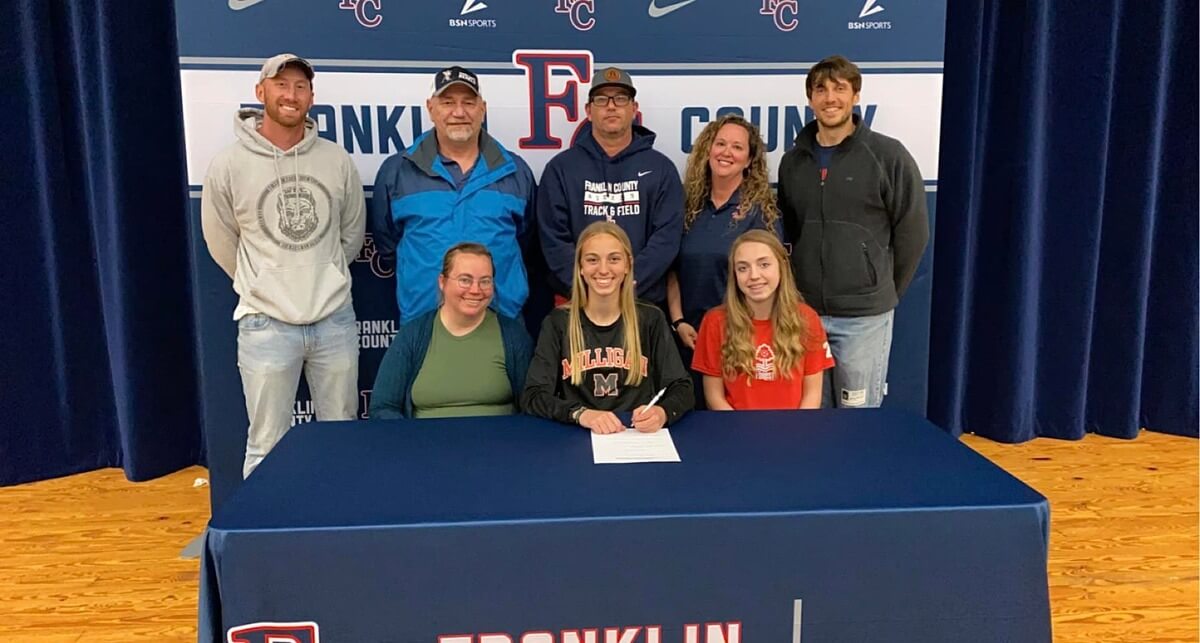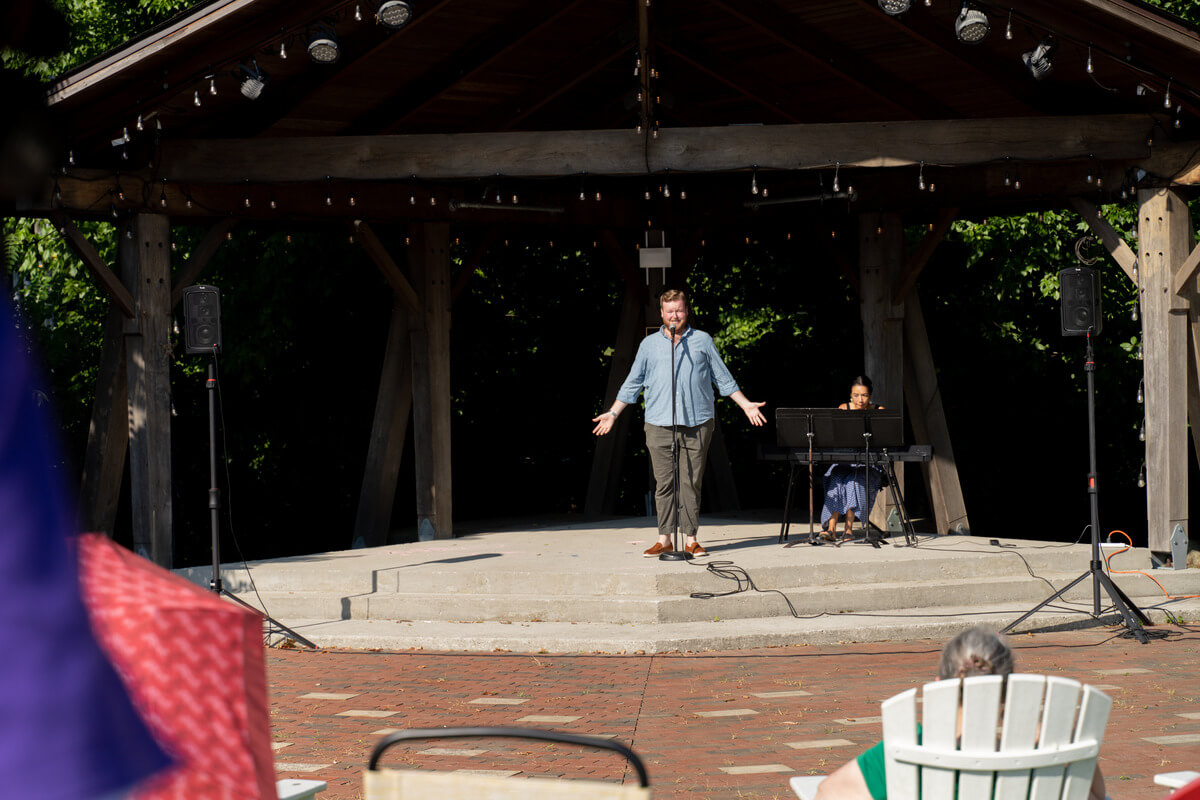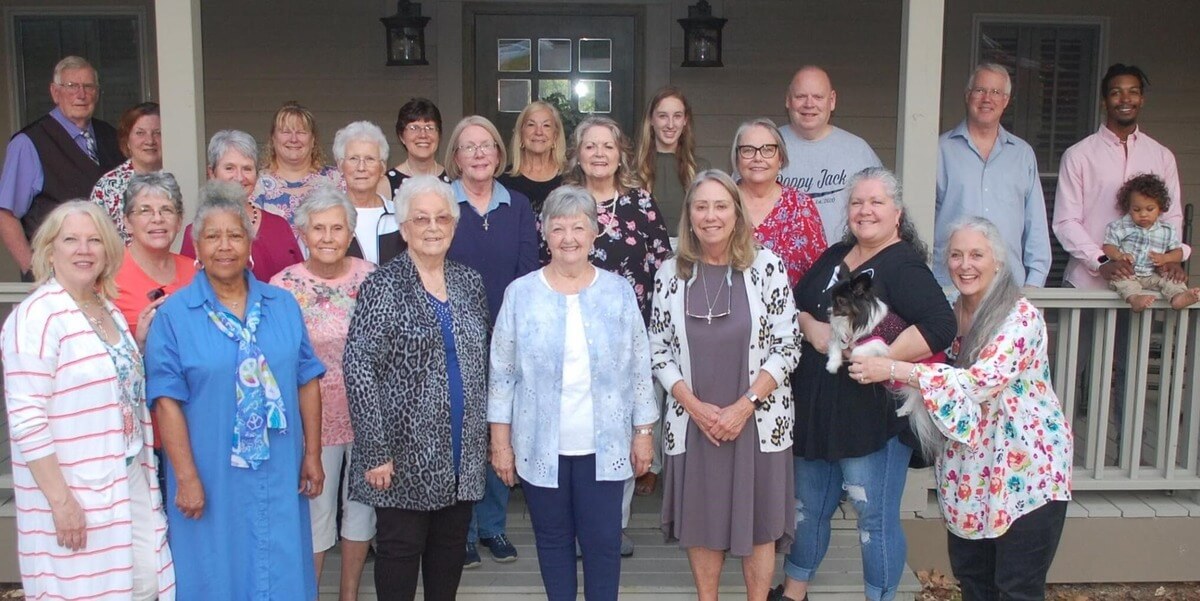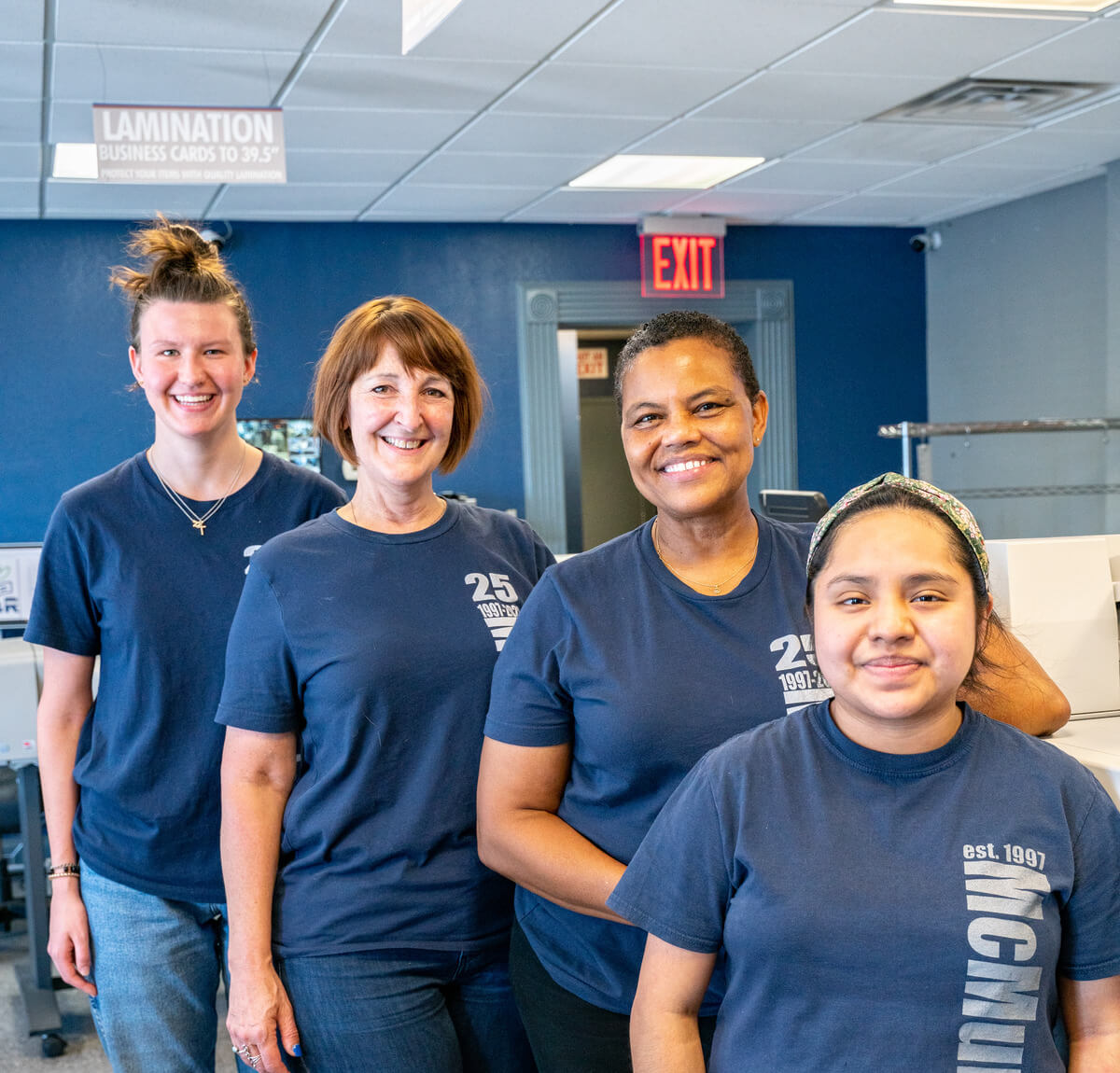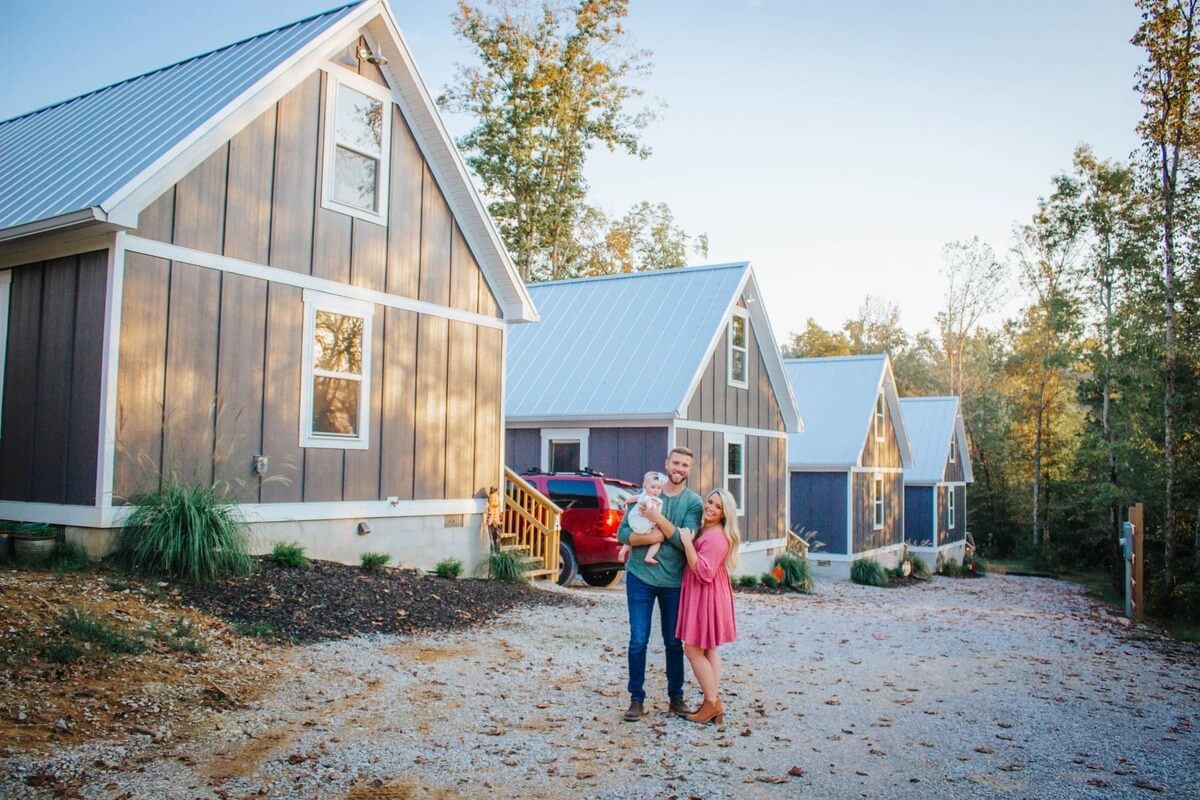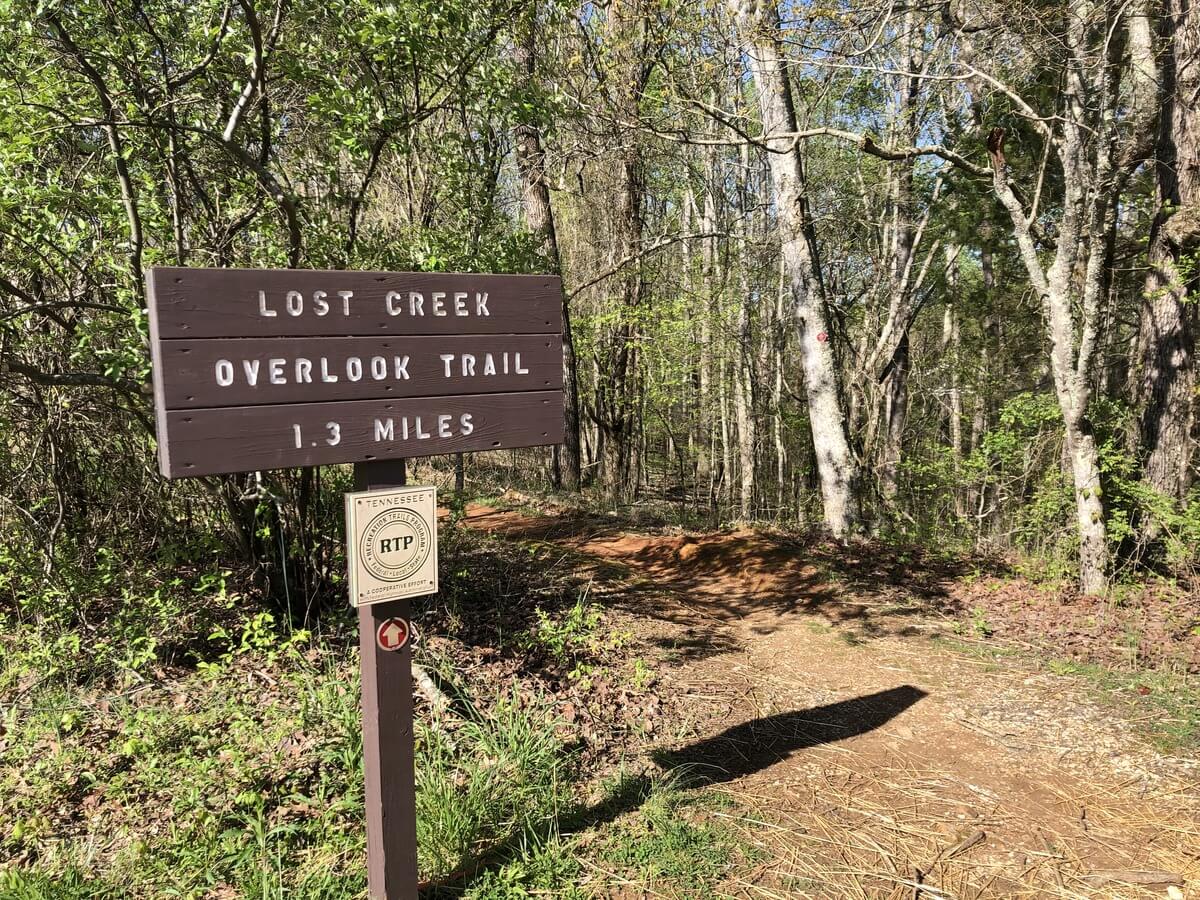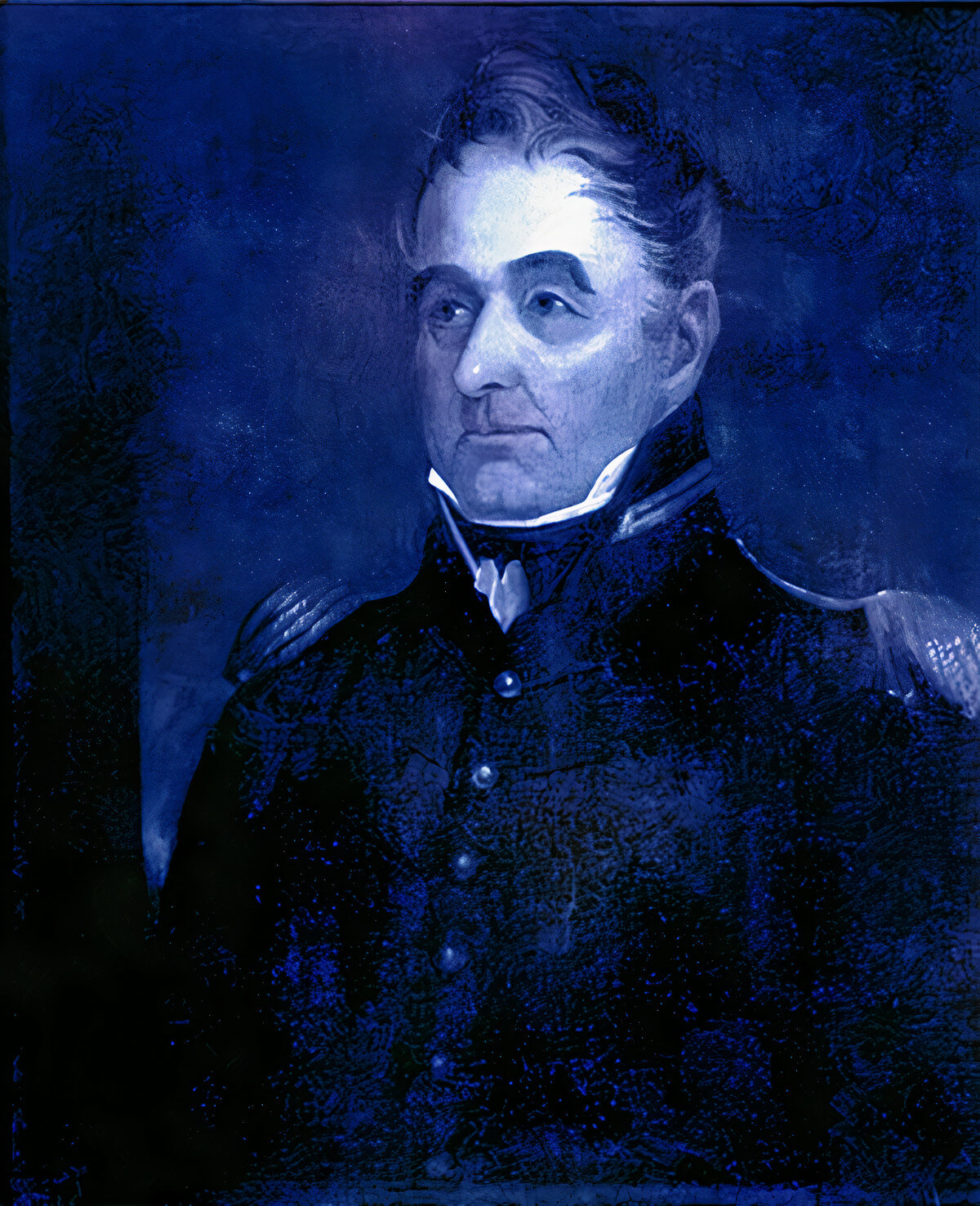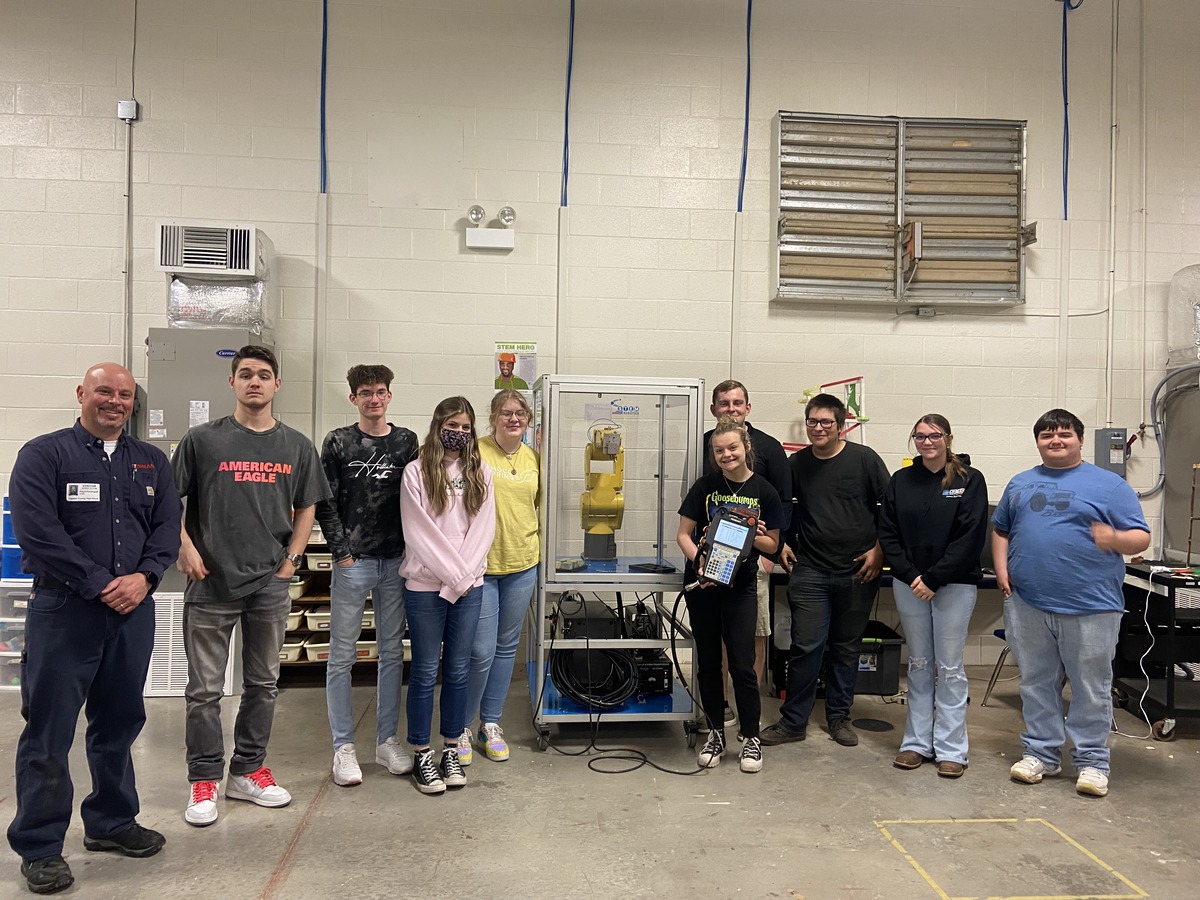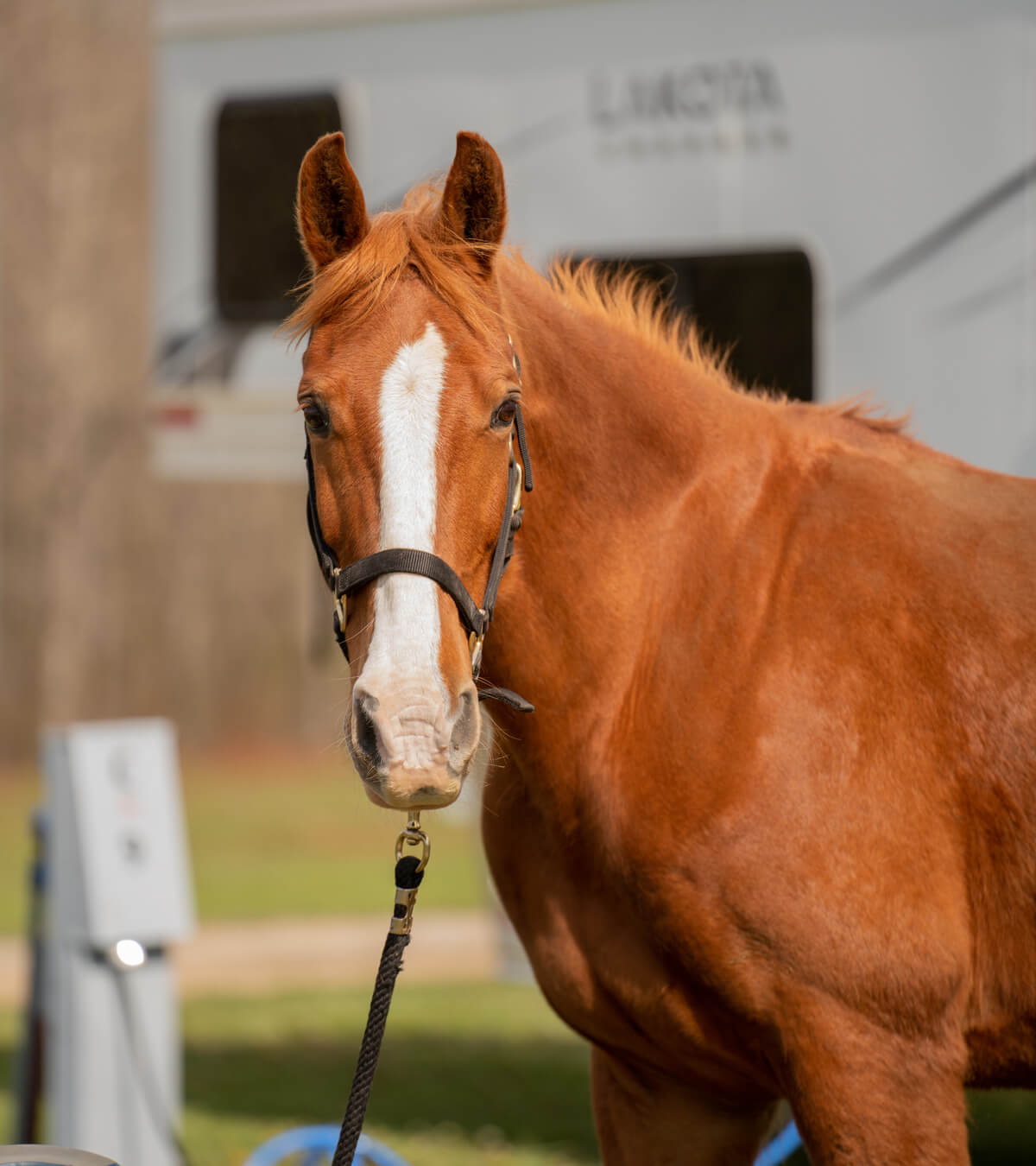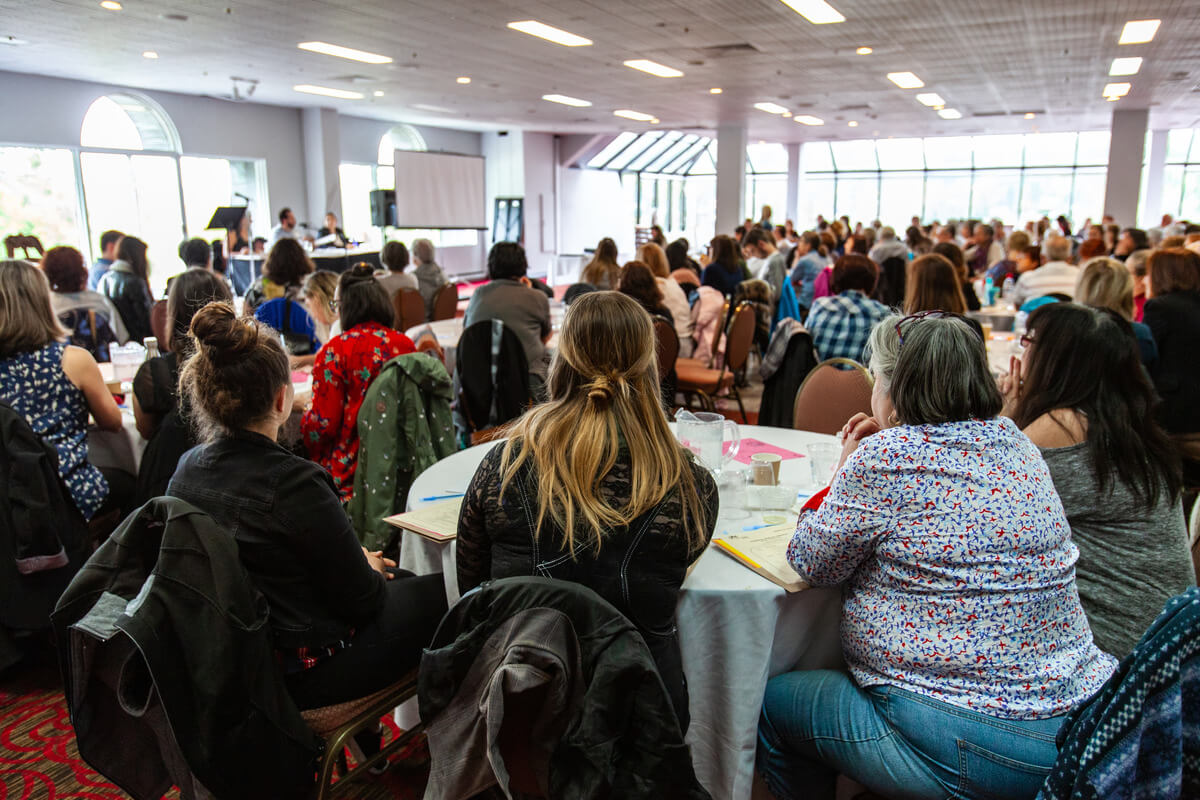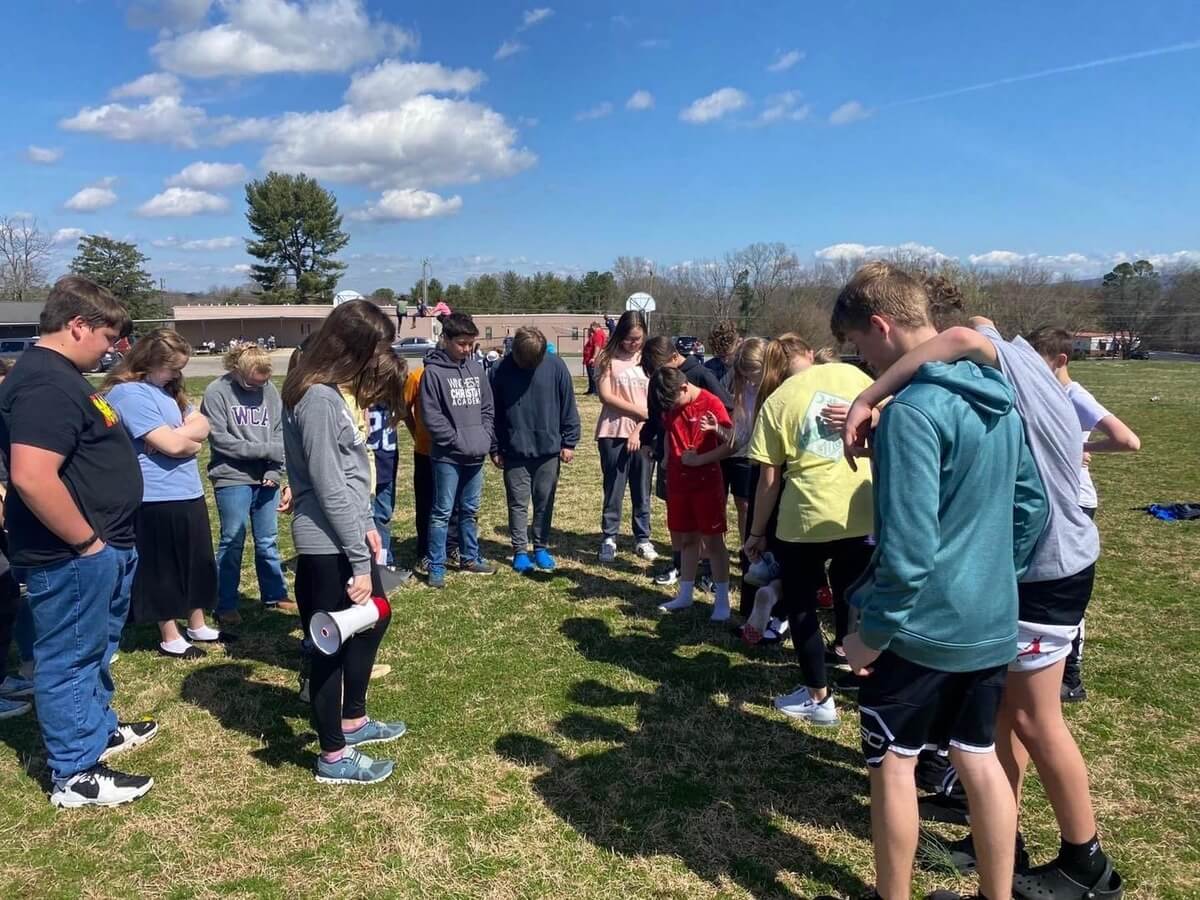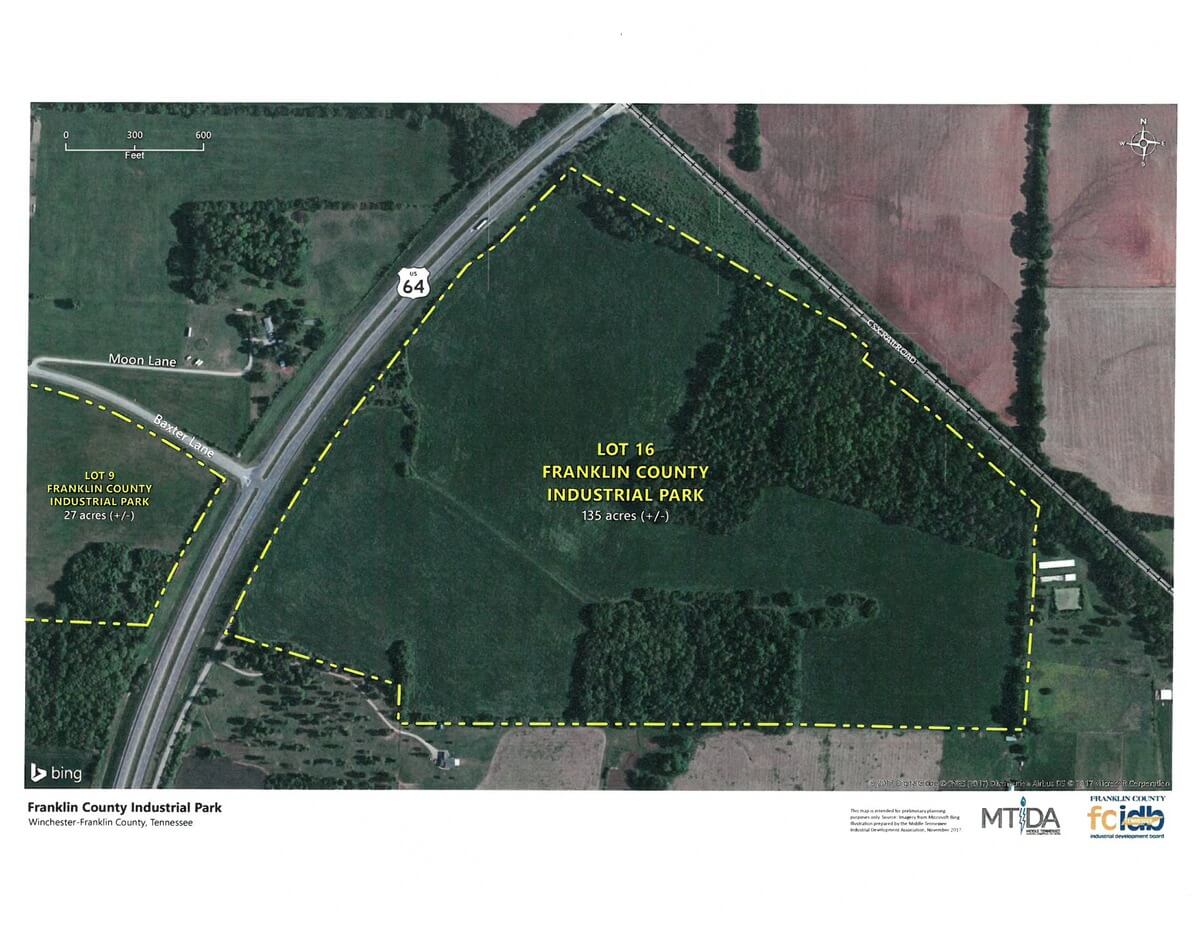MIDDLE TENNESSEE represents new beginnings, summer vacations, or job relocations for some. But for many, it symbolizes history. Betty (Newman) Fraley, born in 1934 on Bradley’s Creek in Coffee County, was the youngest of seven children. The harsh realities of the Great Depression, the impending threat of World War II, and the ever-changing scenery of her family’s farm shaped Fraley’s early years. Despite the world changing around her, she remained steadfast in her resolve and sense of duty, which guided her through a remarkable life.
Fraley’s family had long-established roots in the area. Her grandmother owned property that once stretched across 1,000 acres from the Coffee County line to Bradley’s Creek. The family home was a two-story log house built before the Civil War, covered with weatherboarding over the logs, representing the enduring pioneers who settled the land decades earlier. Thanks to the Tennessee Valley Authority and rural electrification, electricity finally arrived in 1948, when Fraley was in the eighth grade.
As a child, Fraley’s mother and sisters would go huckleberry picking in the area that would become Arnold Center, though Fraley, too young to join, stayed with her grandmother Newman. Her grandmother, who had lived through the Civil War, shared stories about the era, including her strong but humorous political opinions and her memorable reaction to seeing her first airplane, praying no one was in “that contraption.”
During the Great Depression, Fraley’s father, who had been in the produce business in Decherd, moved the family to the farm. Despite the hardships, he was determined to make it successful, buying land whenever possible. At one point, the family was farming around 400 acres.
“I was a field hand,” Fraley recalled. “I hadn’t cooked a meal when I got married. I was not housebroken,” she said.
In 1948, Fraley convinced her father to let her farm an acre of cotton. She sold the bale for $500, which she used to pay for her first beauty shop permanent (perm).
World War II brought soldiers from Camp Forrest to the farm, often setting up tents and mess halls without warning and even milking the cows and picking blackberries. They also brought in German prisoners of war to help with the harvest, including the year the family planted 14 acres of Irish potatoes. Despite these disruptions, the family adapted and continued their work.
World War II deeply affected Fraley’s family, as her brother and, later, her husband, served in the Korean War.
“I had one brother and three brothers-in-law in World War II, and a first cousin who died from the Bataan Death March after returning to the States,” she said.
She recalled the tight family bonds that helped them endure the pain of loss.
Fraley was a hardworking student, balancing her farm duties with playing high school basketball and maintaining her grades. She graduated from Manchester Central High School in 1952 and earned her teaching degree at Middle Tennessee State University. There, she met her future husband, George Fraley, a fellow student who had just returned from the U.S. Air Force.
“Two of my friends and I were hitchhiking to town, and George picked us up. Very few students on campus had cars those days,” she recalled. “We were delighted to learn he was from Winchester, so we started riding home with him when we came home on weekends. Four of us rode with him and paid him $2 for each round trip. This was enough to pay for his gas for a week in 1954. We started dating between our junior and senior years in college. We graduated in August 1955.”
Betty focused on improving herself. She even paid off her college debt. Then, Betty’s ring finger was heavier. She and George got married in 1957.
Betty began her teaching career at Whitwell High School. After marrying George, they built a life in Tullahoma, where George worked as a metallurgist at Arnold Engineering Development Center for 32 years. Betty continued teaching, eventually taking a position at East Junior High in Tullahoma.
In 1966, the Fraleys moved to the 168-acre Bible Farm in Decherd, despite Betty’s initial reluctance to leave their new brick house in Tullahoma.
“I cried all the way over here,” she admitted.
The new town soon grew on her, and she gave birth to her children, Beri and Beth, in 1961 and 1966, respectively. Betty stayed home for eight years to raise them before returning to teaching. She earned a master’s degree in administration and supervision and taught at Franklin County High School until she suffered a stroke in 1998.
After a year of recovery, she returned to work, later helping with the reentry program and teaching Adult Education, retiring at 82.
Betty remained politically active throughout her life, serving on the State Democratic Executive Committee and supporting local, state, and national government initiatives. She continues to participate in various organizations, including the Daughters of the American Revolution, Delta Kappa Gamma, and the Senior Saints activities at her church.
From the fields of Bradley’s Creek to the halls of Franklin County High School, Betty has lived a life of passionate work, service, and immense loyalty to her roots. Today, she remains an active and beloved member of her community, cherishing the memories of her rich and eventful life. GN










